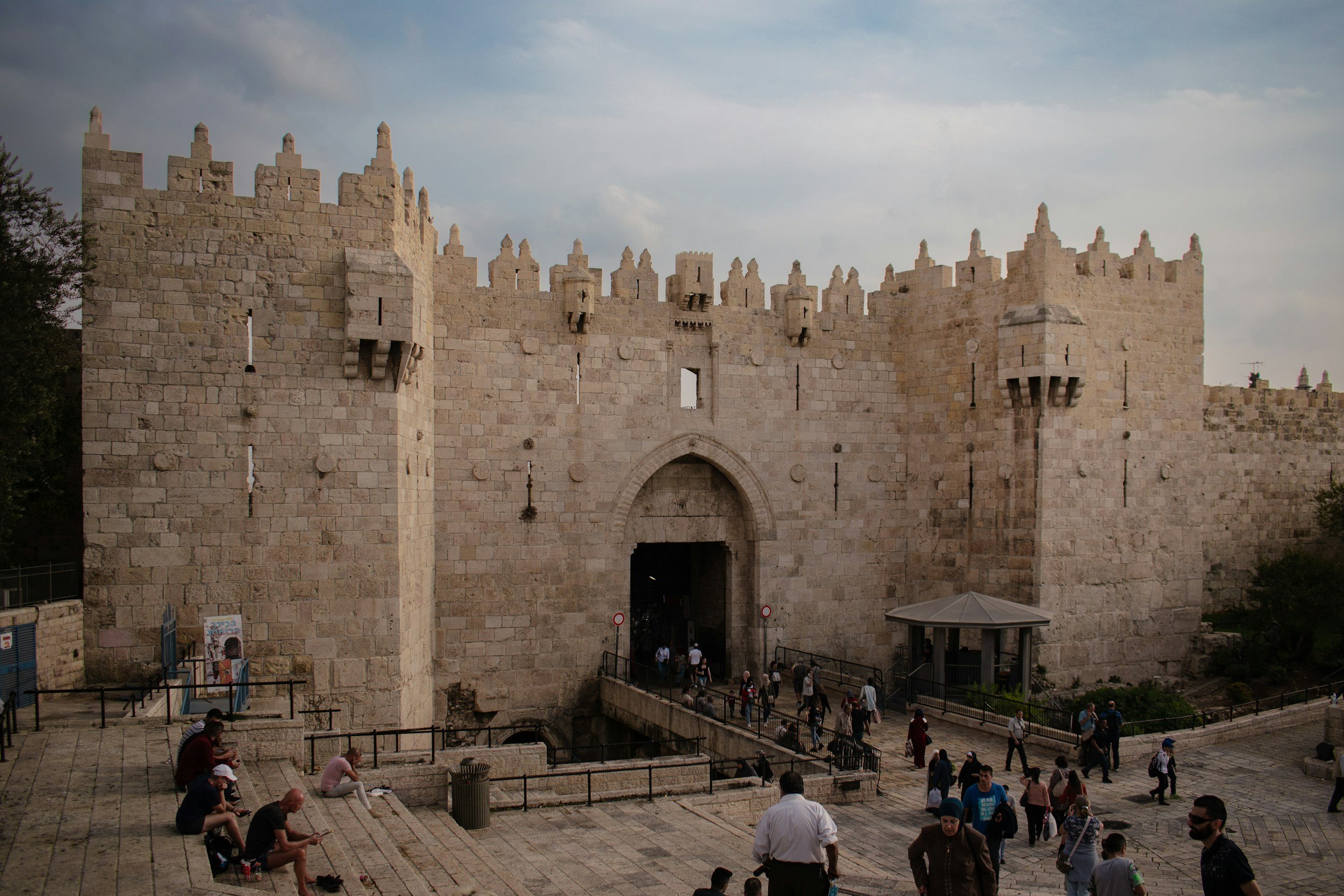
Come & See. Go & Tell!
Witness & Solidarity Delegations
Come & See
A visit to Jerusalem & the Holy Land can be a life-changing experience.
If you’re interested in witnessing the occupation firsthand, FOSNA can help. Our trip leaders have been either hosting visitors to Palestine/Israel or traveling there for years and know how to navigate the roadblocks, both physical and bureaucratic.
We’ll make sure you see the real story. You can meet with Palestinians and Jewish Israelis engaged in nonviolent resistance, visit refugee camps, experience life under occupation, and view environmental degradation. You can also tour Hebron and other communities suffering from encroaching Israeli settlements. Your trip can include historical and religious sites such as Bethlehem, Jerusalem, the Jordan River, and the Dead Sea.
Whether you’re traveling alone or want to organize a Sabeel visit for a group, we can help you design a visit that caters to your interests and needs. We may also be able to provide scholarships.
As part of a Sabeel delegation, expect to:
Worship with Palestinian Christians. The worship will be a time to join together to discuss how our faith applies to our lives today, especially in Palestine & Israel
Experience the reality of joy and resistance of the Palestinian community living in the Land of our Holy One – religious extremism, shrinking space, the wall, settlements, checkpoints, confiscated land and demolished homes, refugee camps, and environmental degradation
Learn about the loss of civil and property rights of Palestinian citizens of Israel
Meet and reflect with Palestinian Christians, Muslims, Samaritans, Jewish Israelis and internationals who partner with Sabeel to uplift international and humanitarian law
Act in solidarity with the Palestinian community
An Invitation to Solidarity
Sisters and Brothers,
We write to you with heavy hearts but steadfast spirits, seeking your solidarity and presence in a time of great need. The land where the prophets once walked has been enduring decades of turmoil, displacement, and violence. Our communities are under continuous attack, and our people, though resilient, feel increasingly isolated.
As people of faith and conscience we are called to follow in the footsteps of those who proclaimed liberty to the captives and comfort to the afflicted. Today many are held captive in Palestine, often in a literal sense, but also by the oppression and suffering inflicted upon them. The cries of our people resonate with the lamentations found in the Psalms, yet we hold firm to our faith and hope for peace.
We deeply appreciate the prayers offered from afar, but now, more than ever, we need our sisters and brothers to join us here, to pray with us, to walk with us, and to stand with us in our struggle for justice and peace. Your presence would be a powerful testament to the unity and compassion revealed in scriptures.
We extend this heartfelt invitation to you, asking you to come to the Holy Land and witness firsthand the reality our communities face. Stand in solidarity with us, be a voice for the voiceless, and help us amplify the call for peace and justice.
Together, let us embody the spirit of the prophetic message, bringing light and hope to those in darkness. May God bless you and guide your hearts to action.
In Solidarity,
Omar Haramy, Director, Sabeel Ecumenical Liberation Theology Centre
Rifat Kassis, General Coordinator, Kairos Palestine
Munther Isaac, Director, Christ at the Checkpoint Conference
Do you wish to nominate an influencer for an upcoming delegation?
Would you consider yourself a person of influence within your networks or community?
Special funding may be available.
-
This is a three-year joint project with Sabeel Jerusalem, together with our friends at Sabeel-Kairos UK and Canadian Friends of Sabeel. It will bring to East Jerusalem 250 influencers from Canada, the U.K. and the U.S. to acquaint them with the Palestinian identity of Jerusalem, its culture, and its people. The goal is that these influencers will inspire their own networks to promote East Jerusalem as a Palestinian destination and to become advocates for the Palestinian cause.
Contact: visit@sabeel.org
Delegates Commit To:
-
Support the principle of "Come and See; Go and Tell"
Submit necessary documentation and required fees
Participate in pre-delegation orientation sessions
-
Attend for the full duration of the delegation
Adhere to the Sabeel Code of Conduct
Actively participate in daily debriefing sessions
-
Attend a post-delegation follow-up gathering (online)
Plan to educate your home communities and networks about your experiences and to engage in advocacy on behalf of justice and peace in the Holy Land
For example:
Put together a presentation upon return for a select faith-based community or network, local FOSNA or related affiliate, or for other affinity group with whom you are connected
Participate in or help plan a ceasefire vigil or pilgrimage, “Preach (or ‘Teach’) Palestine”
Compose Articles, Op-Eds, or Letters to the Editor in your local media
Engage in or help organize direct action on behalf of justice and peace
Assist in legal defense activities
Engage with you political representatives or administrations at local, regional, or even national levels
Help coordinate a follow-up delegation or encourage others to “come & see” as part of a planned delegation
See our Stay Informed—Take Action—Get Involved: A FOSNA Solidarity Guide for additional ideas
Share your experience before, during, and after the trip with your communities as well as your personal and/or professional networks.
2025 Delegation Calendar


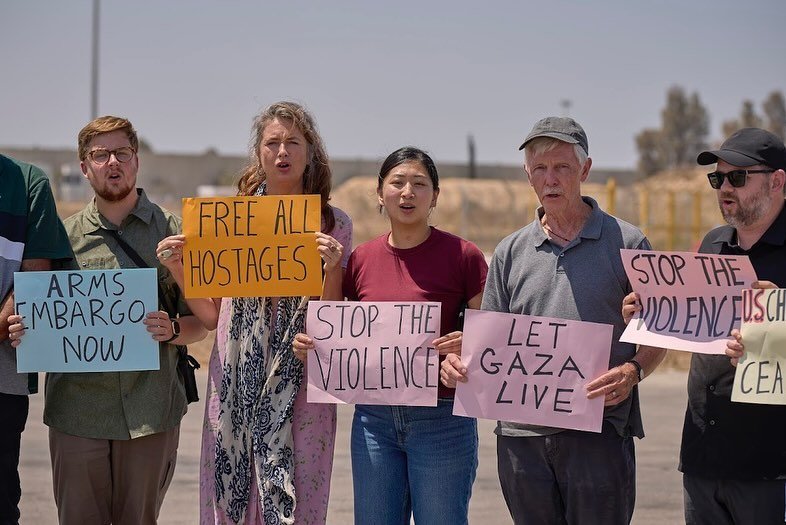
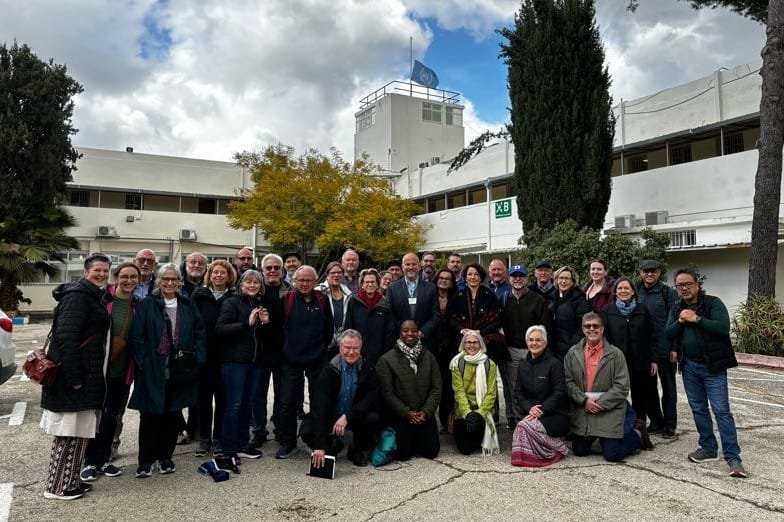
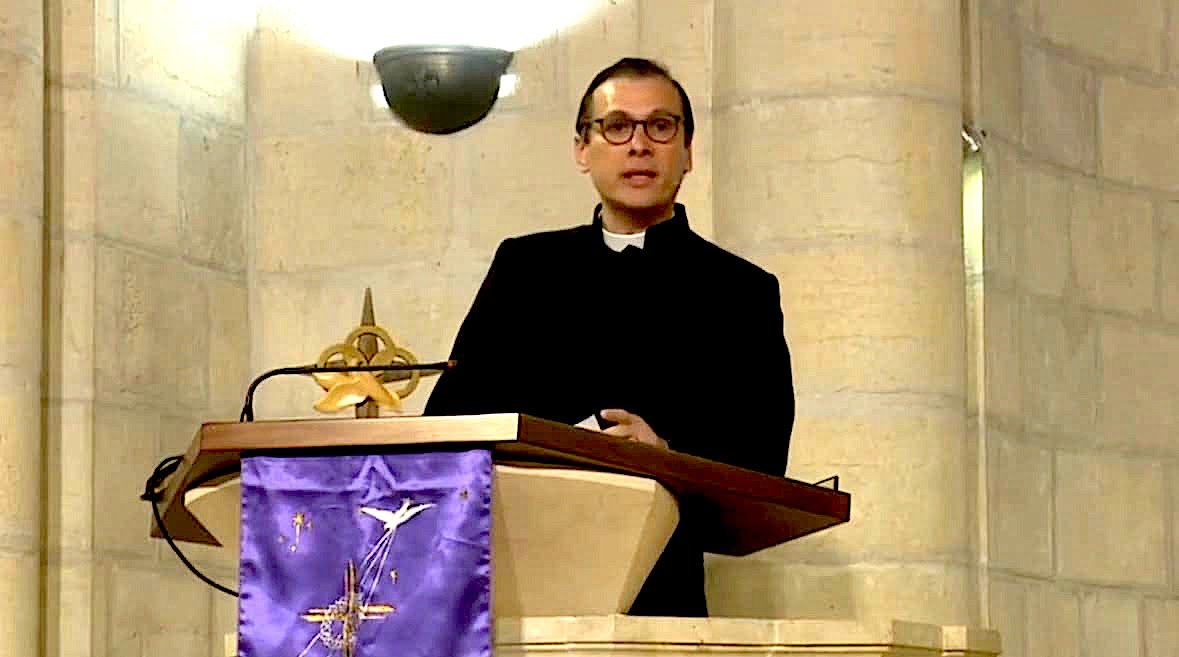
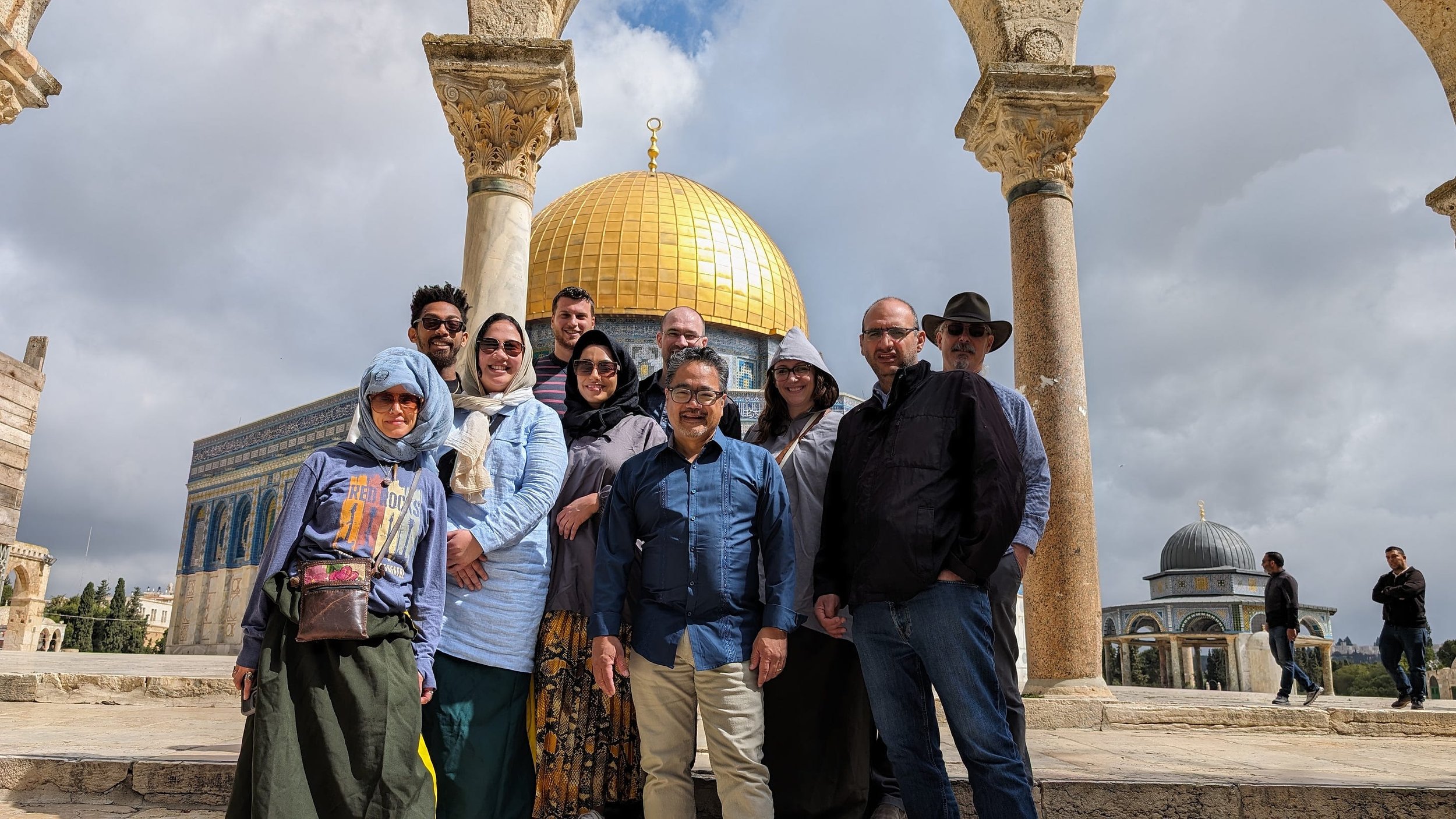
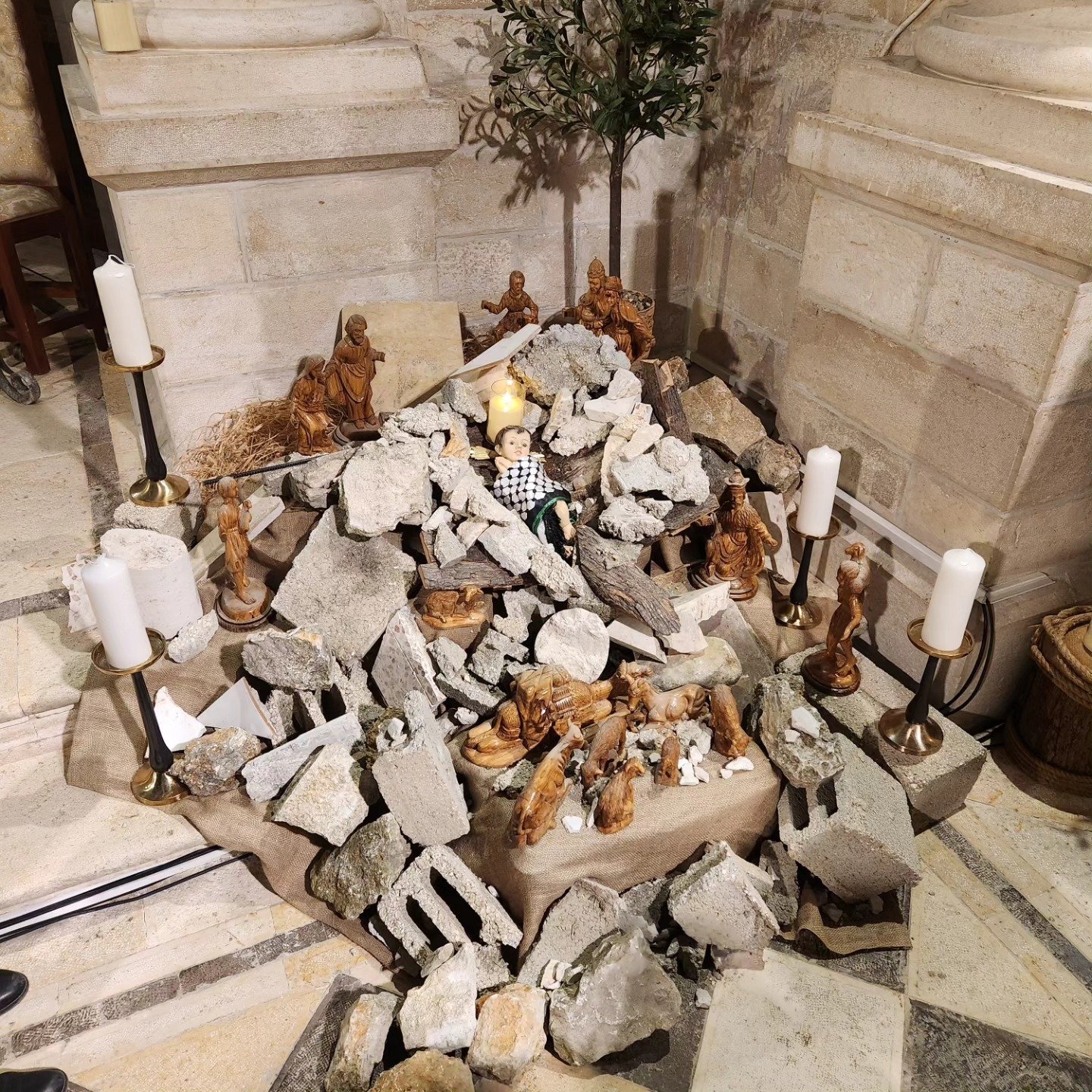
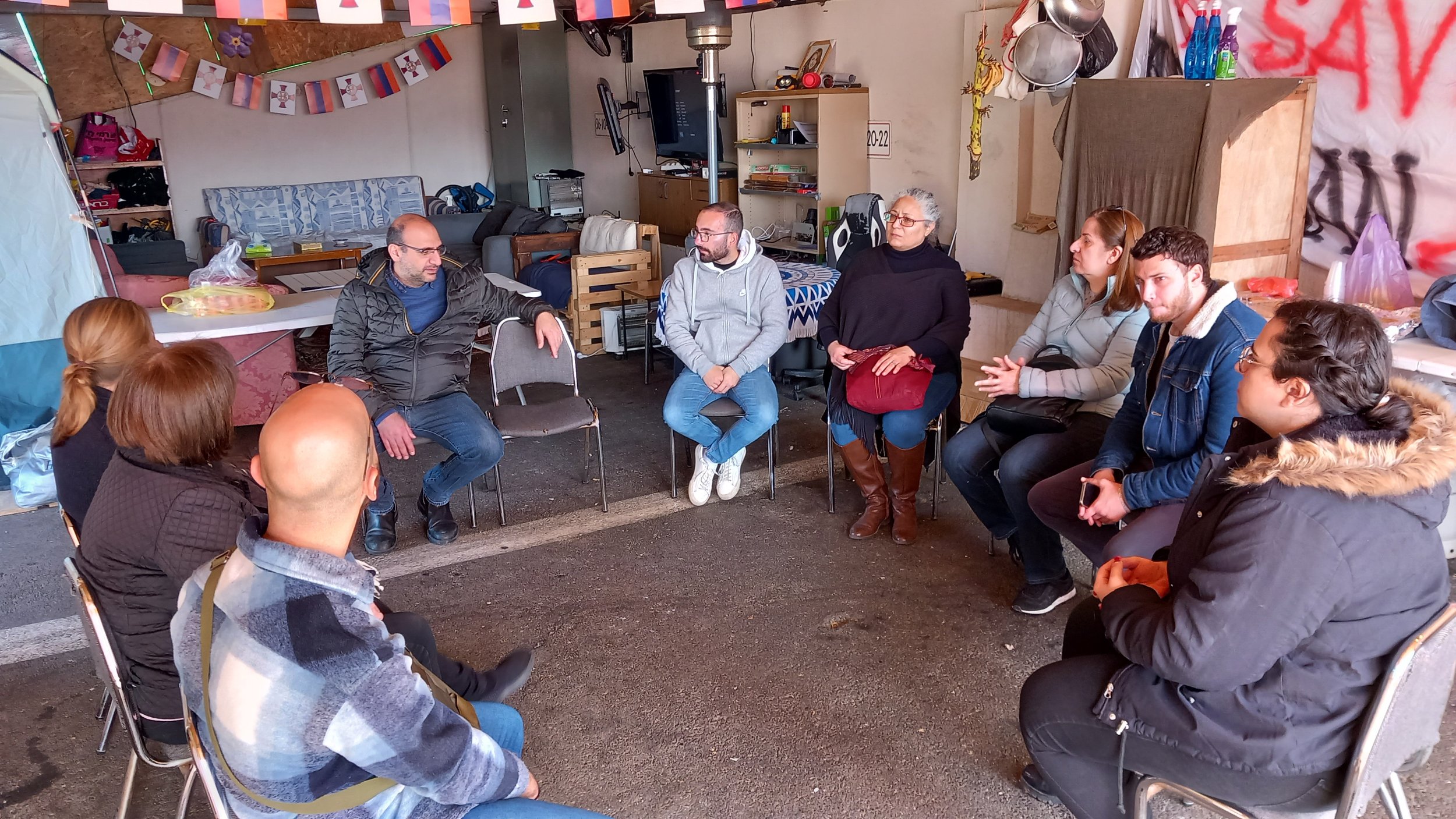
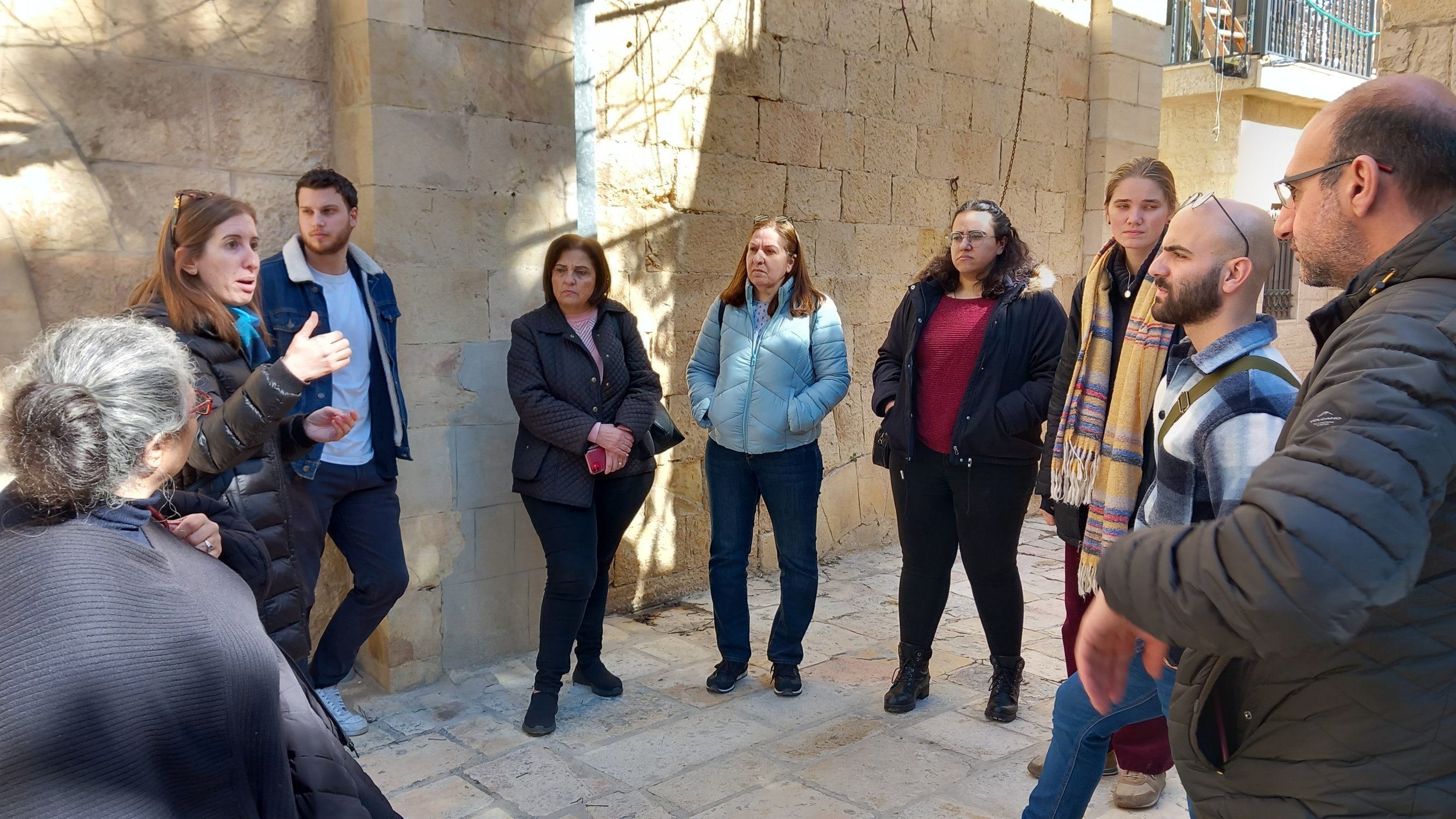
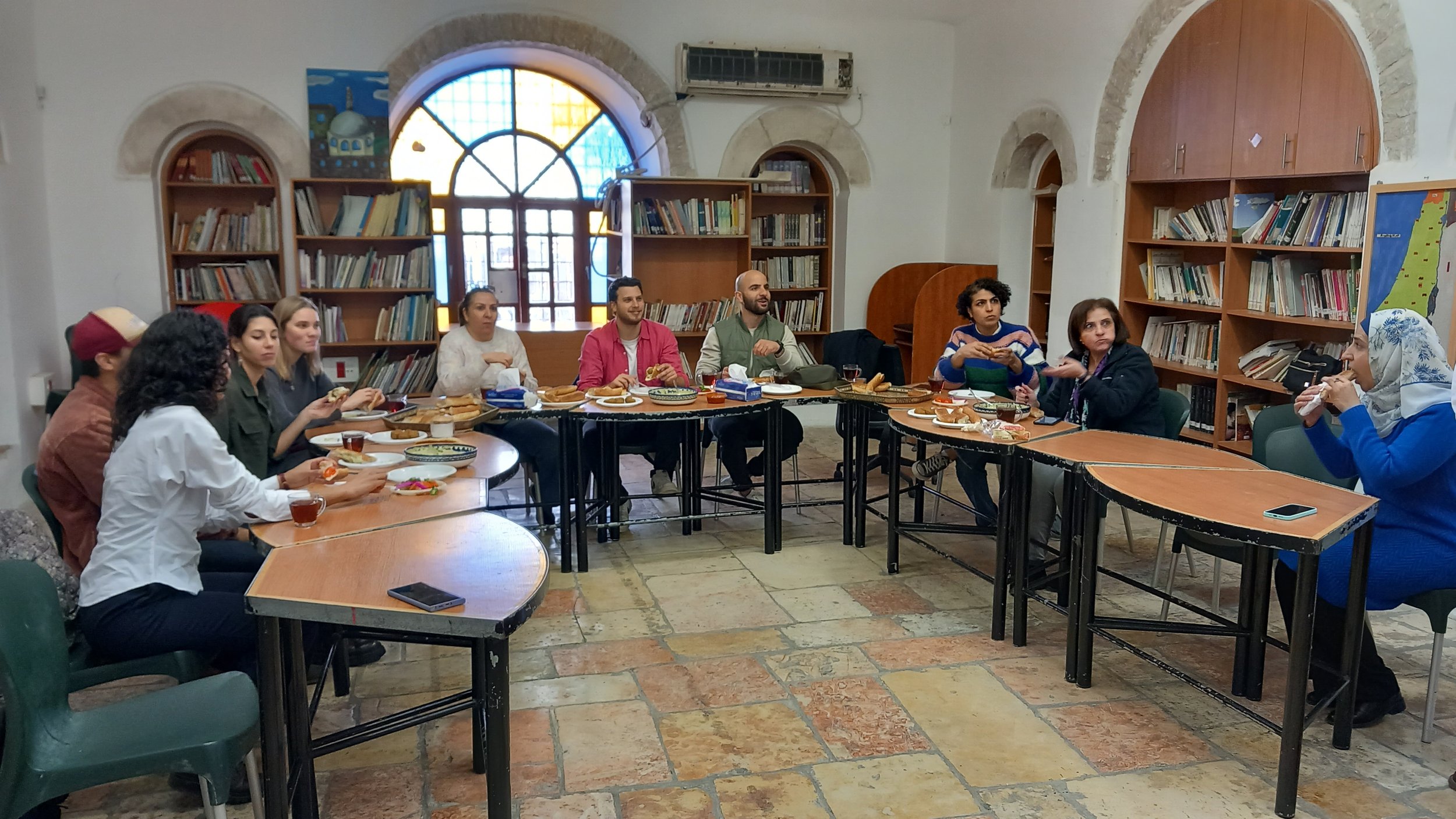
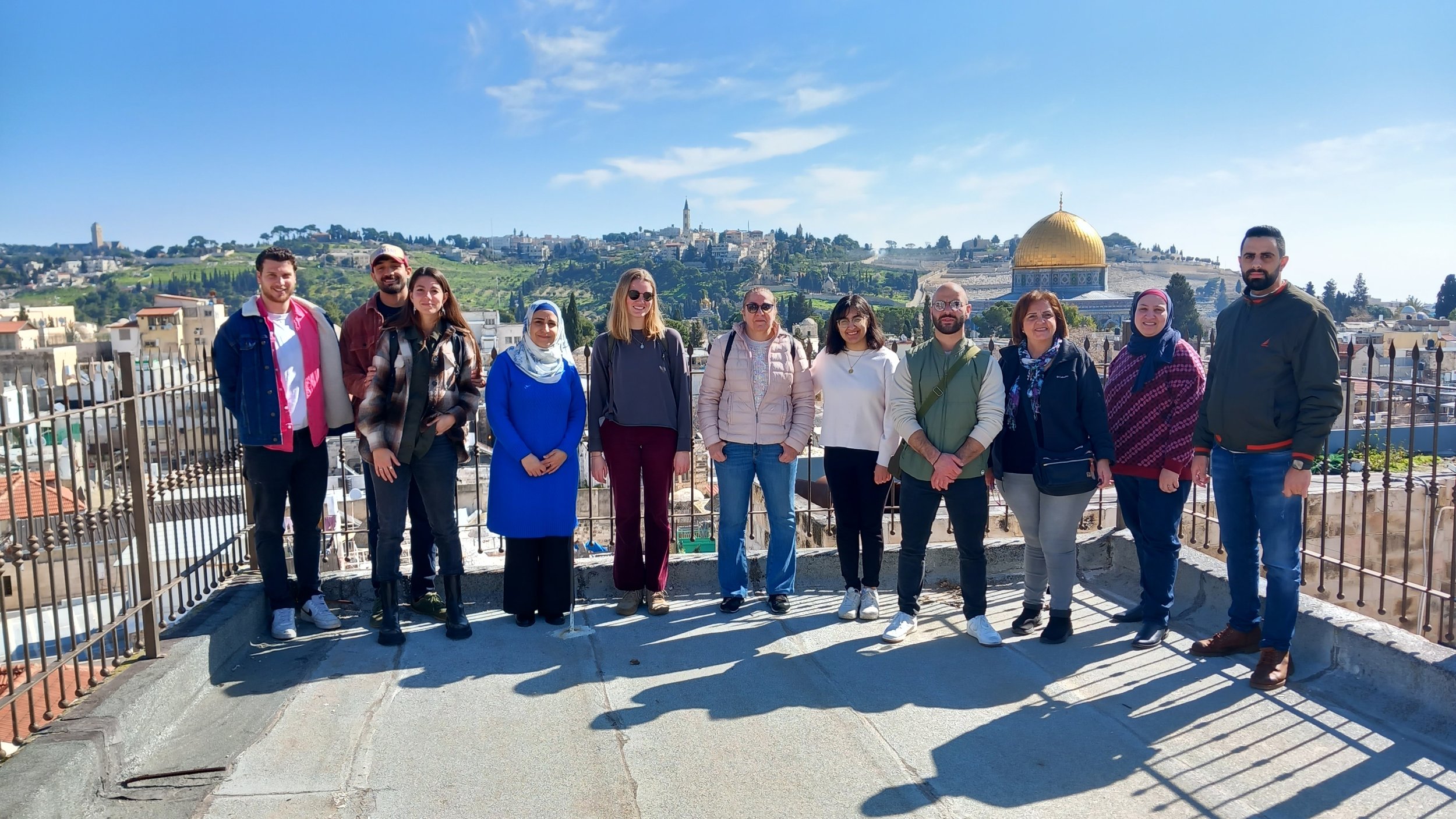
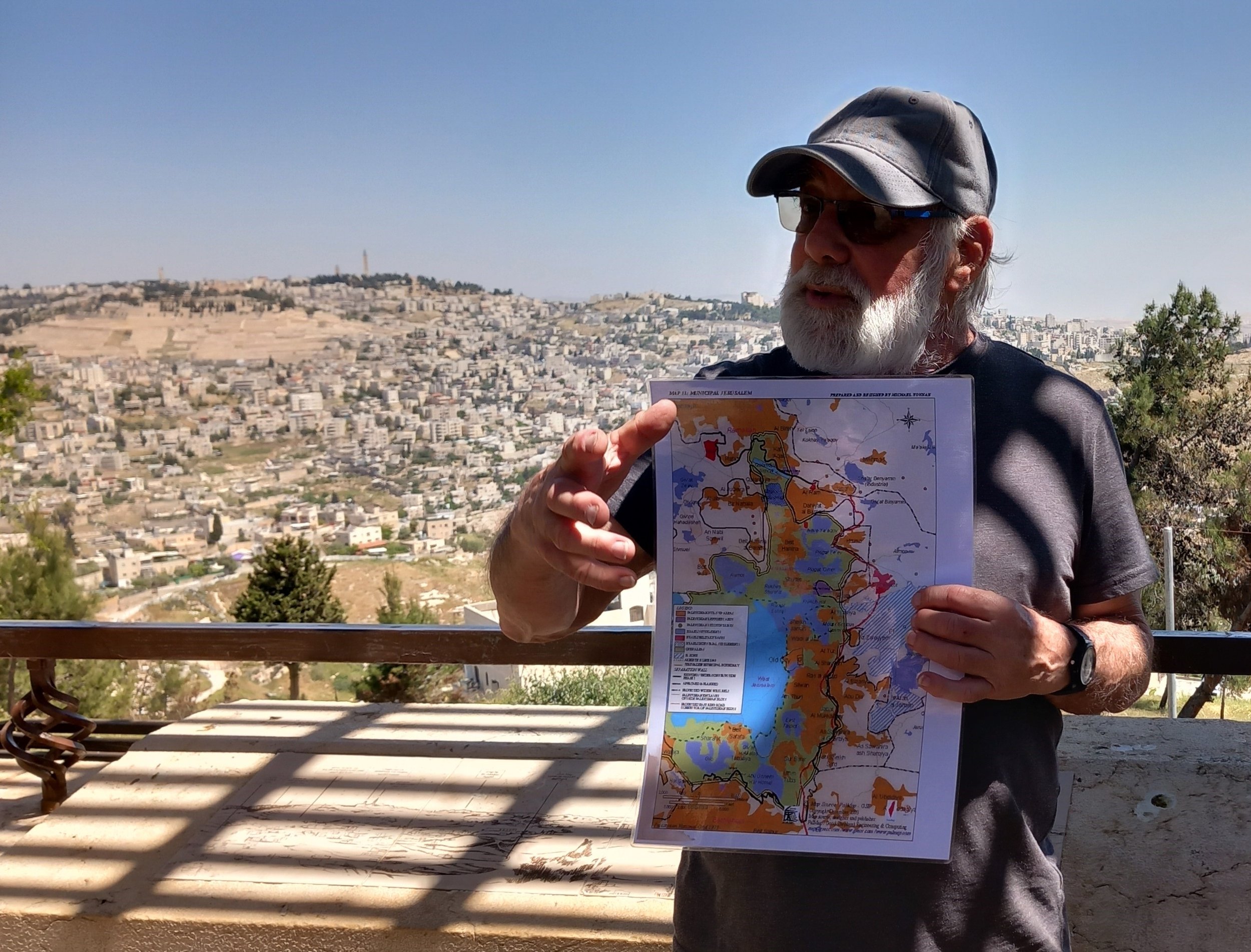
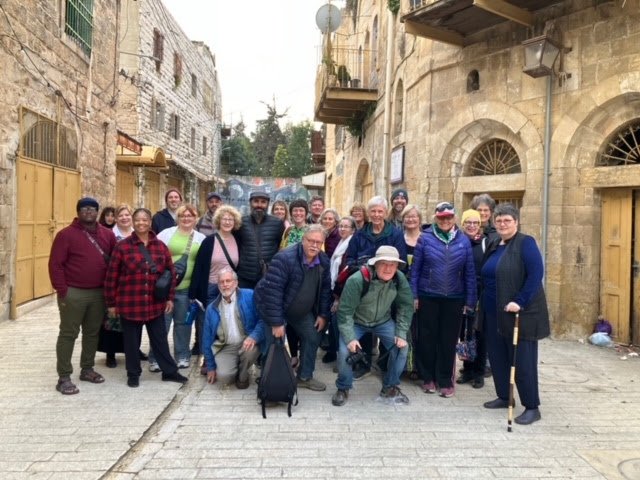
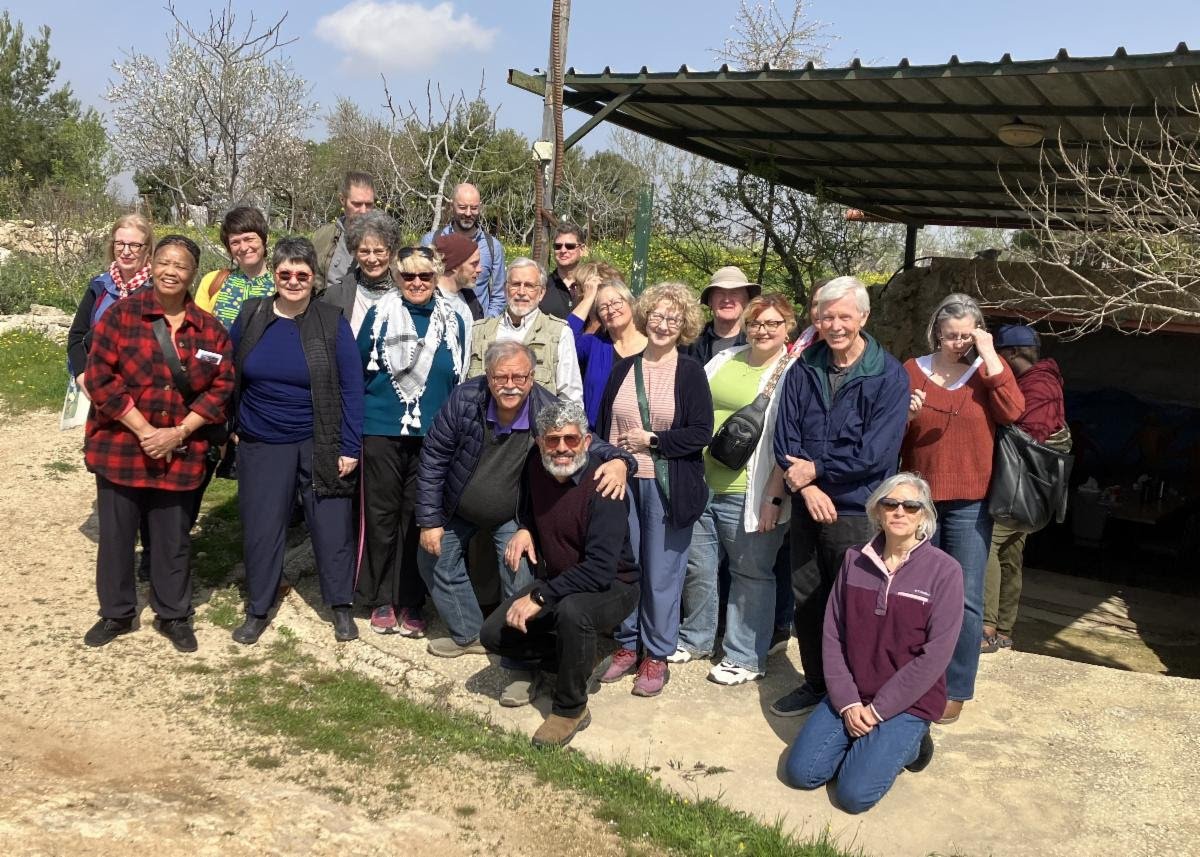
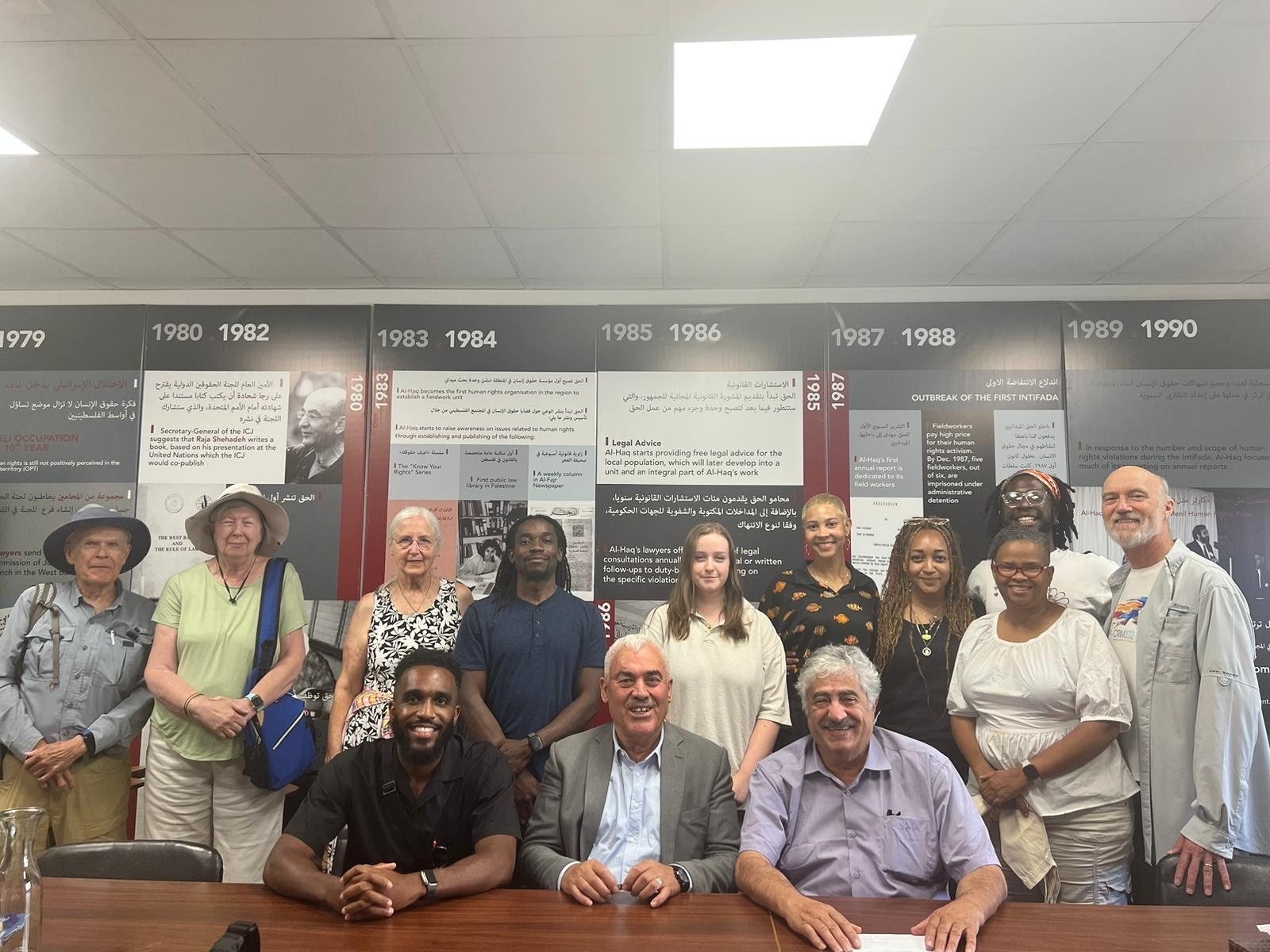
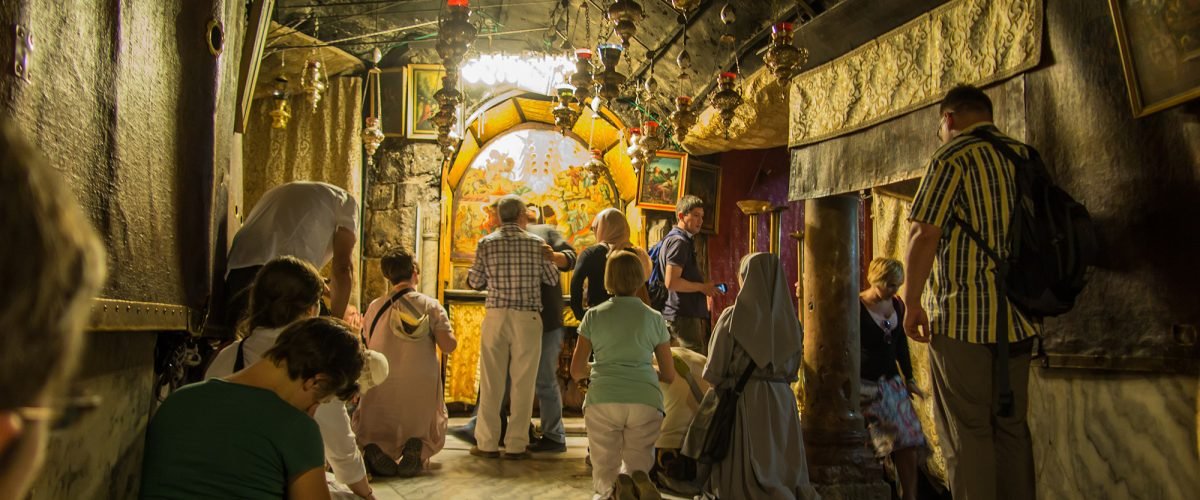
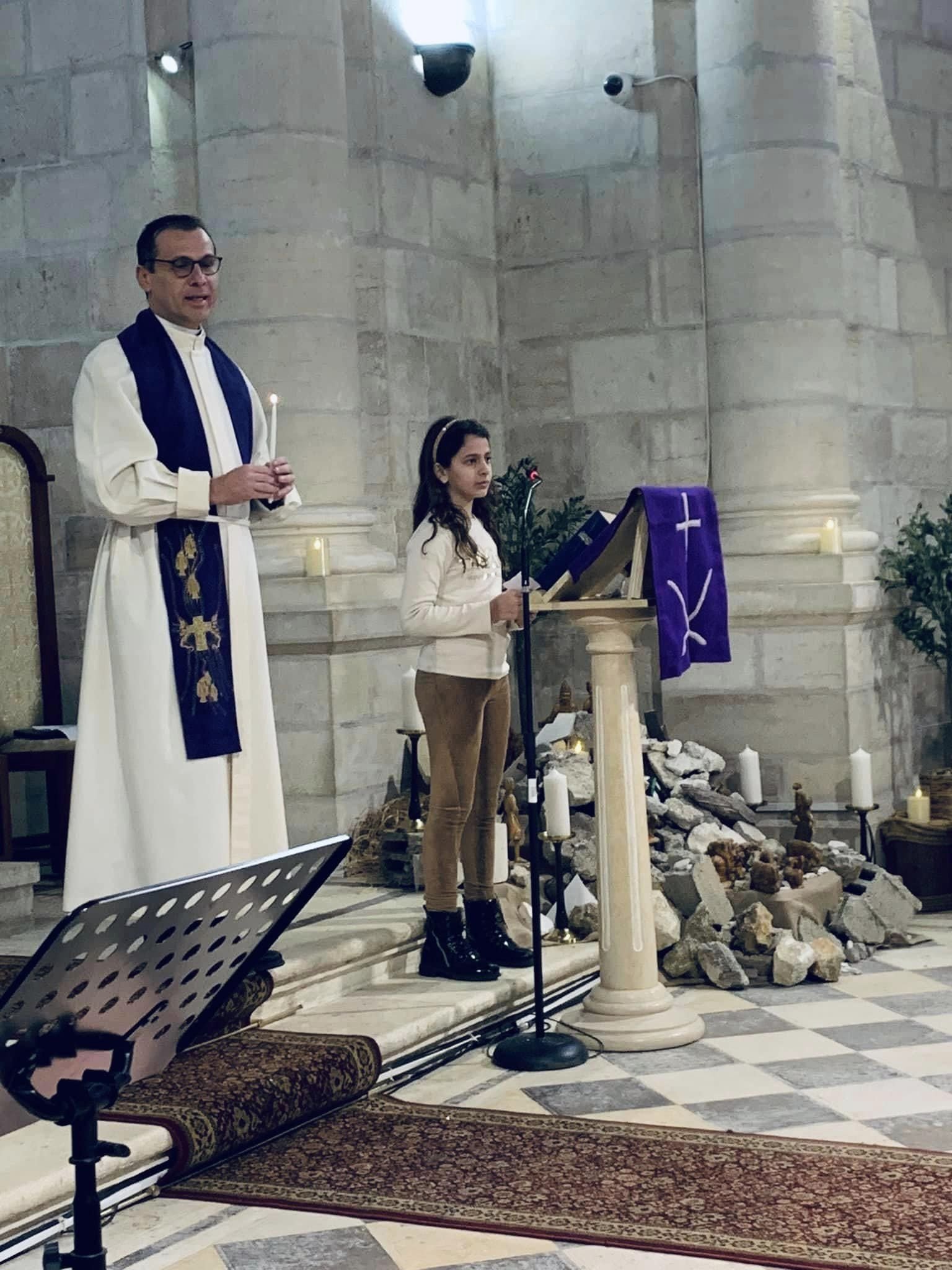

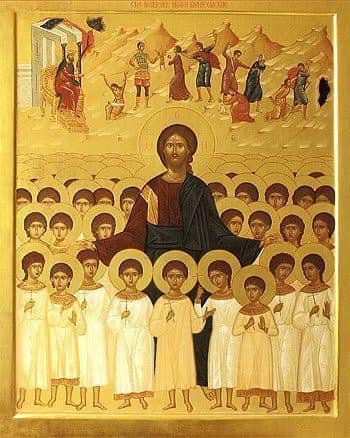

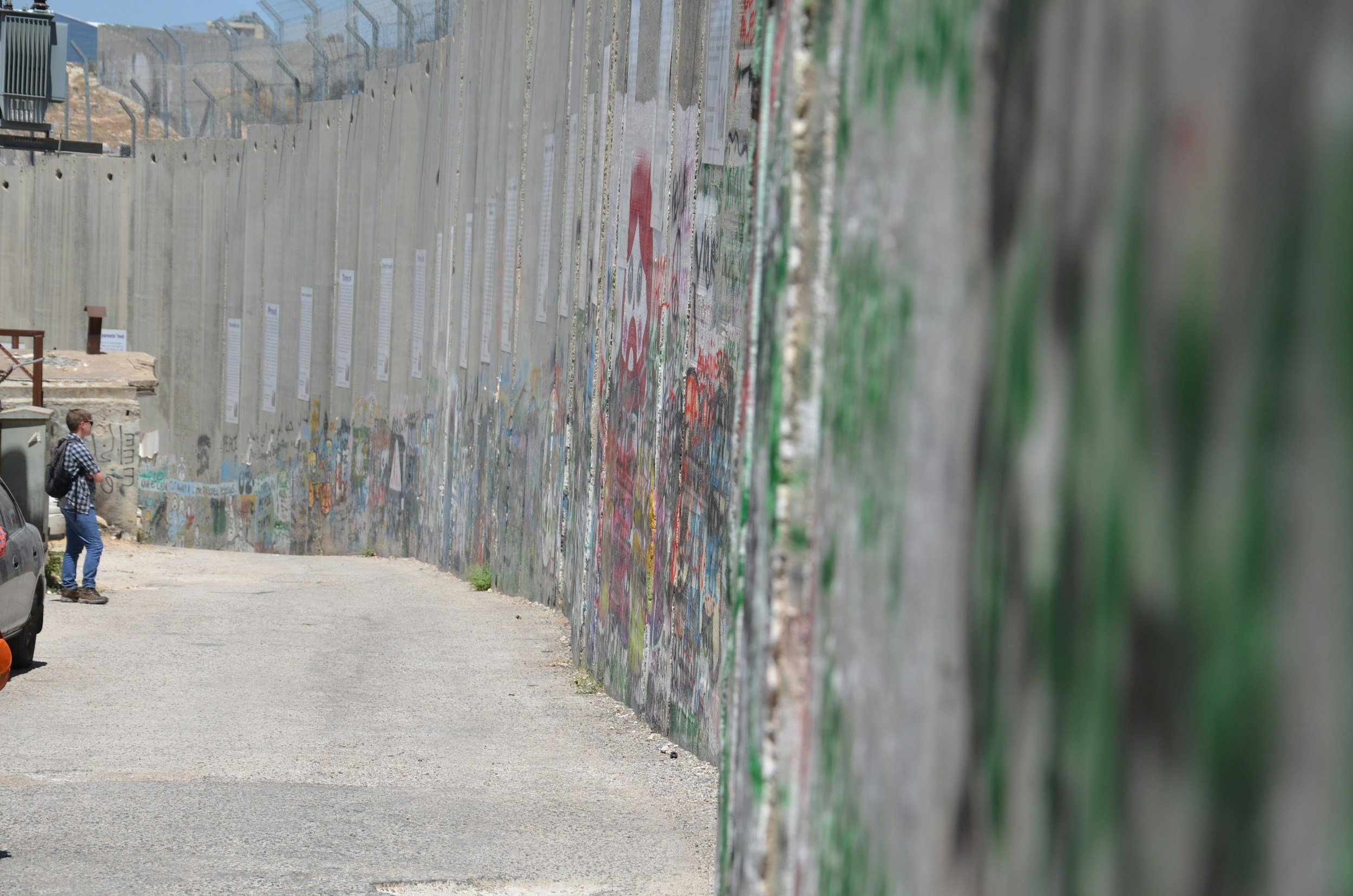
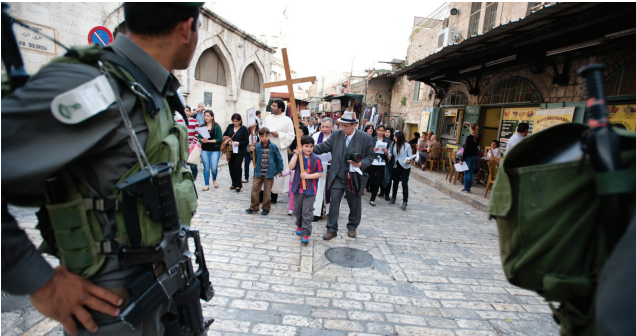











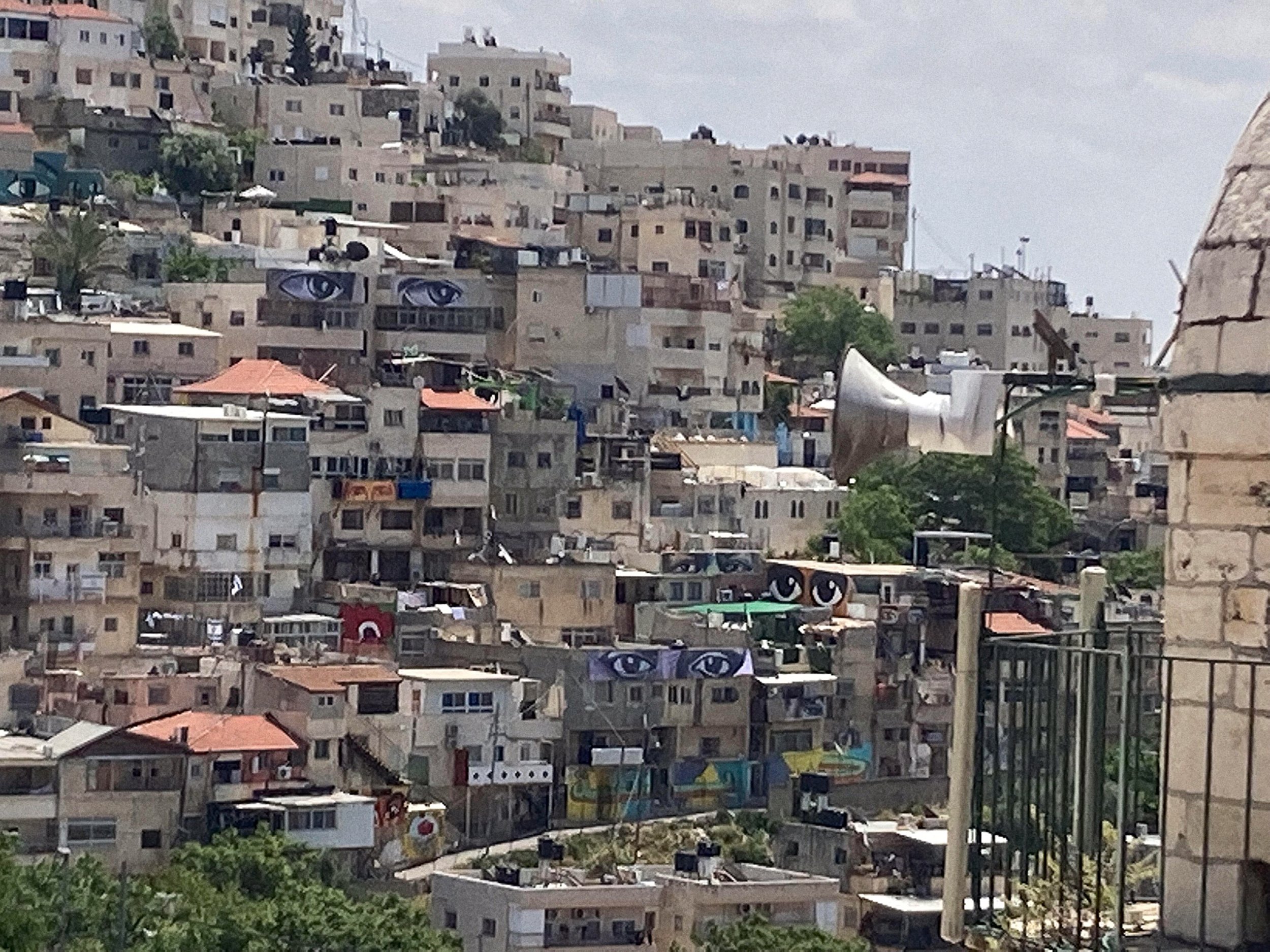
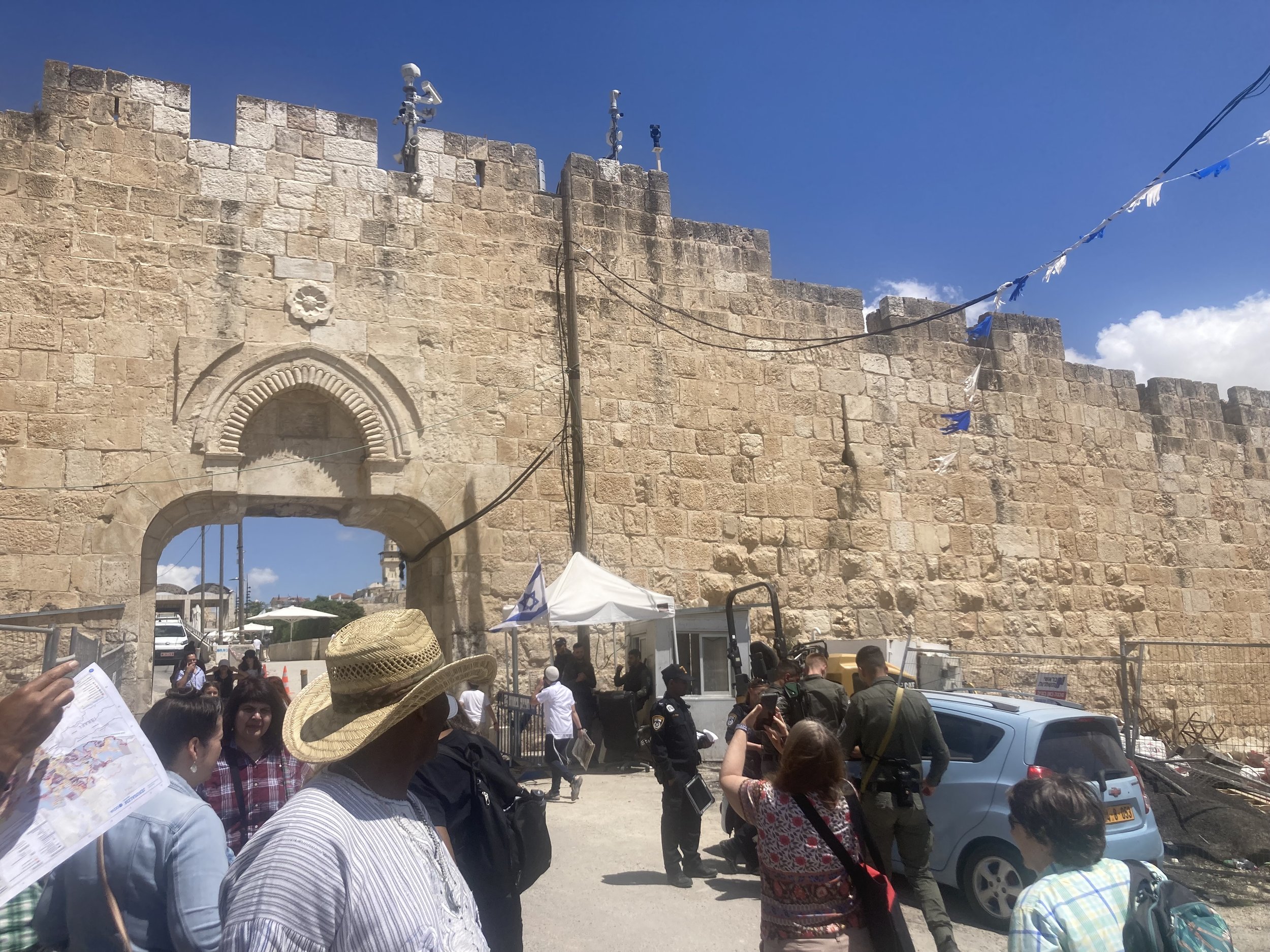
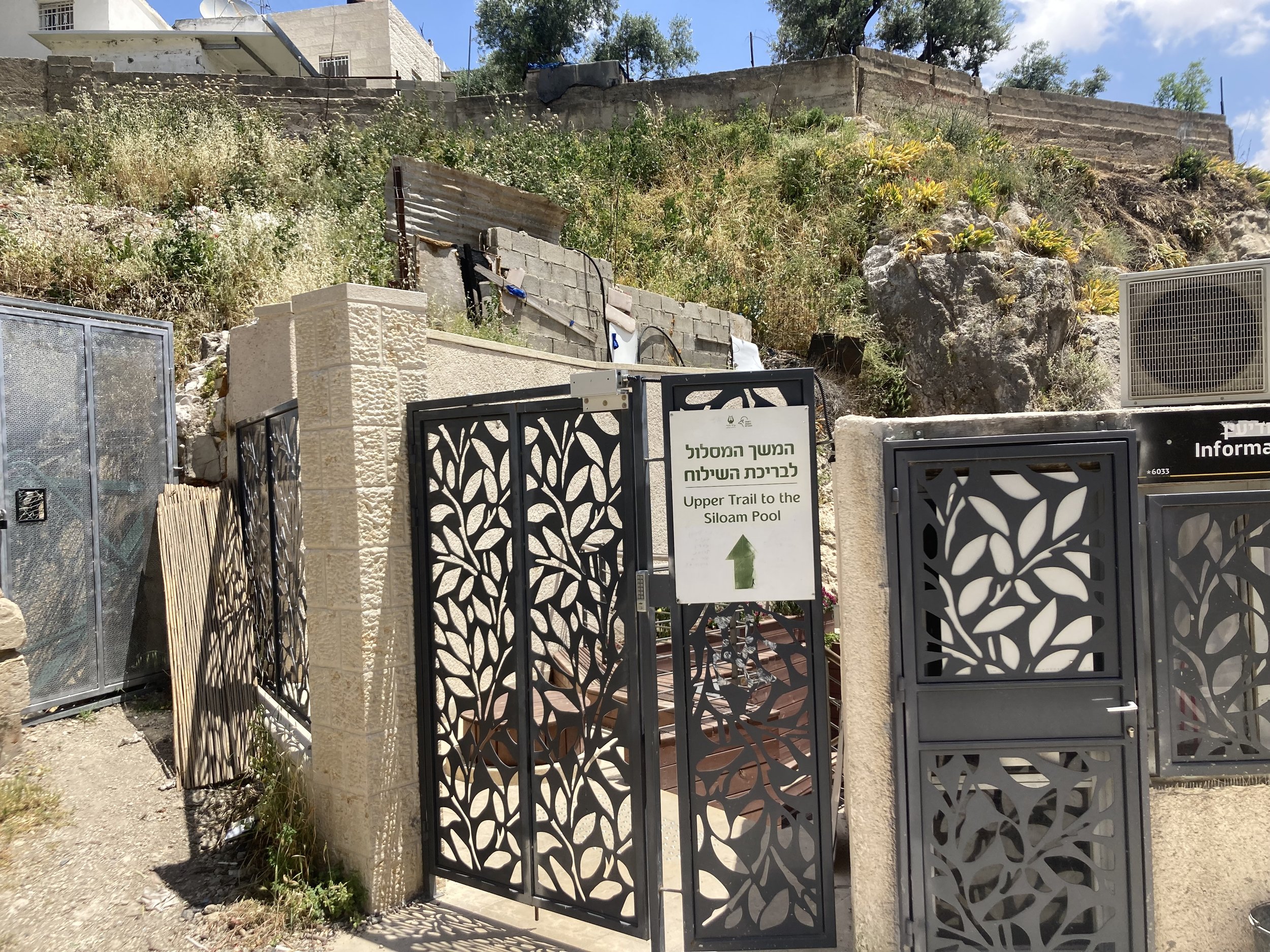
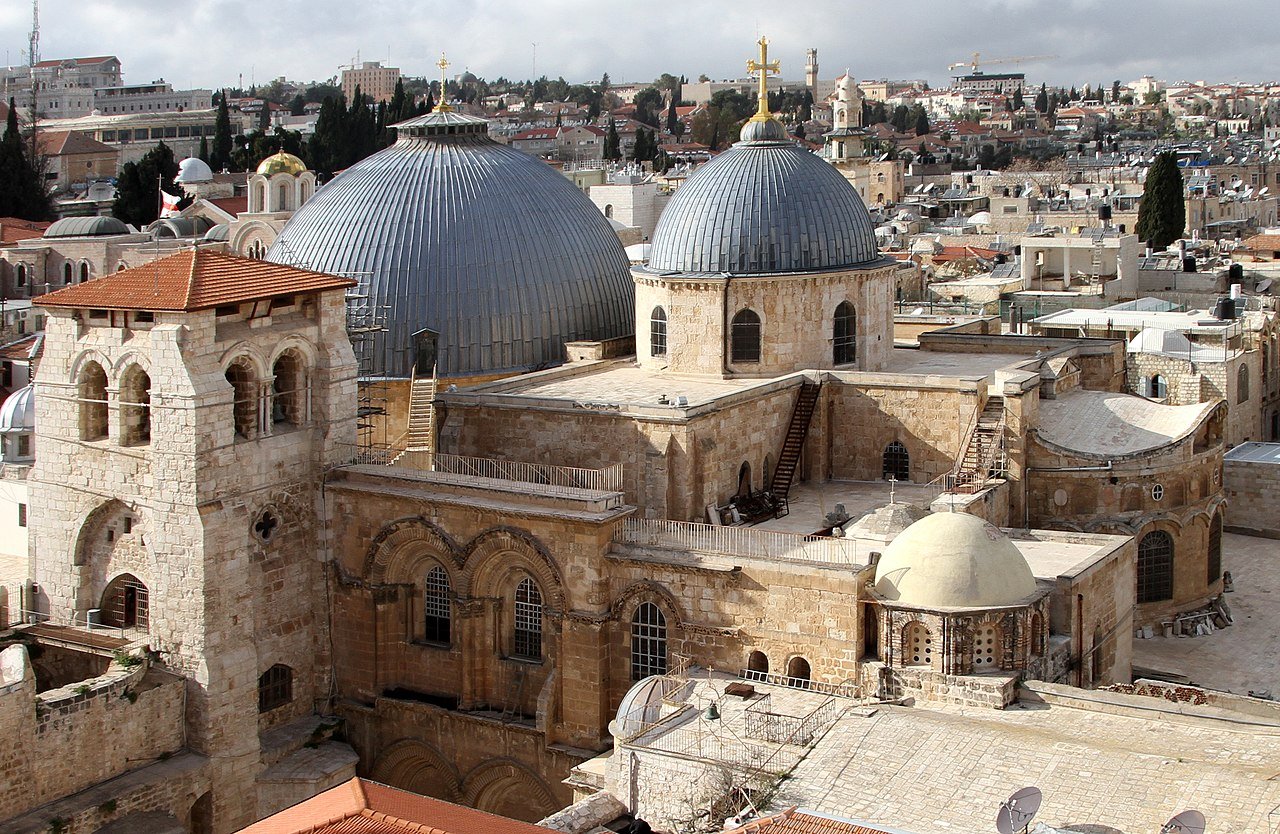
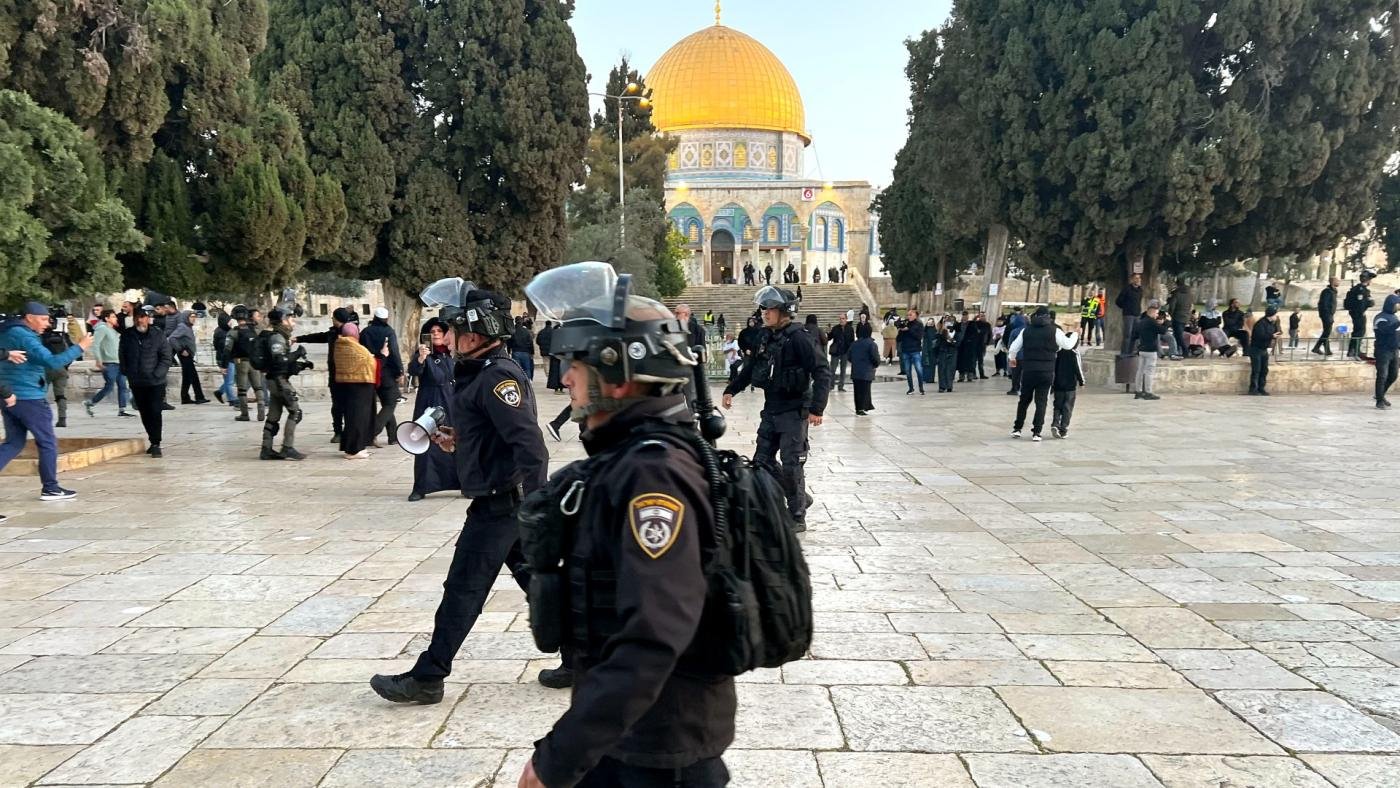
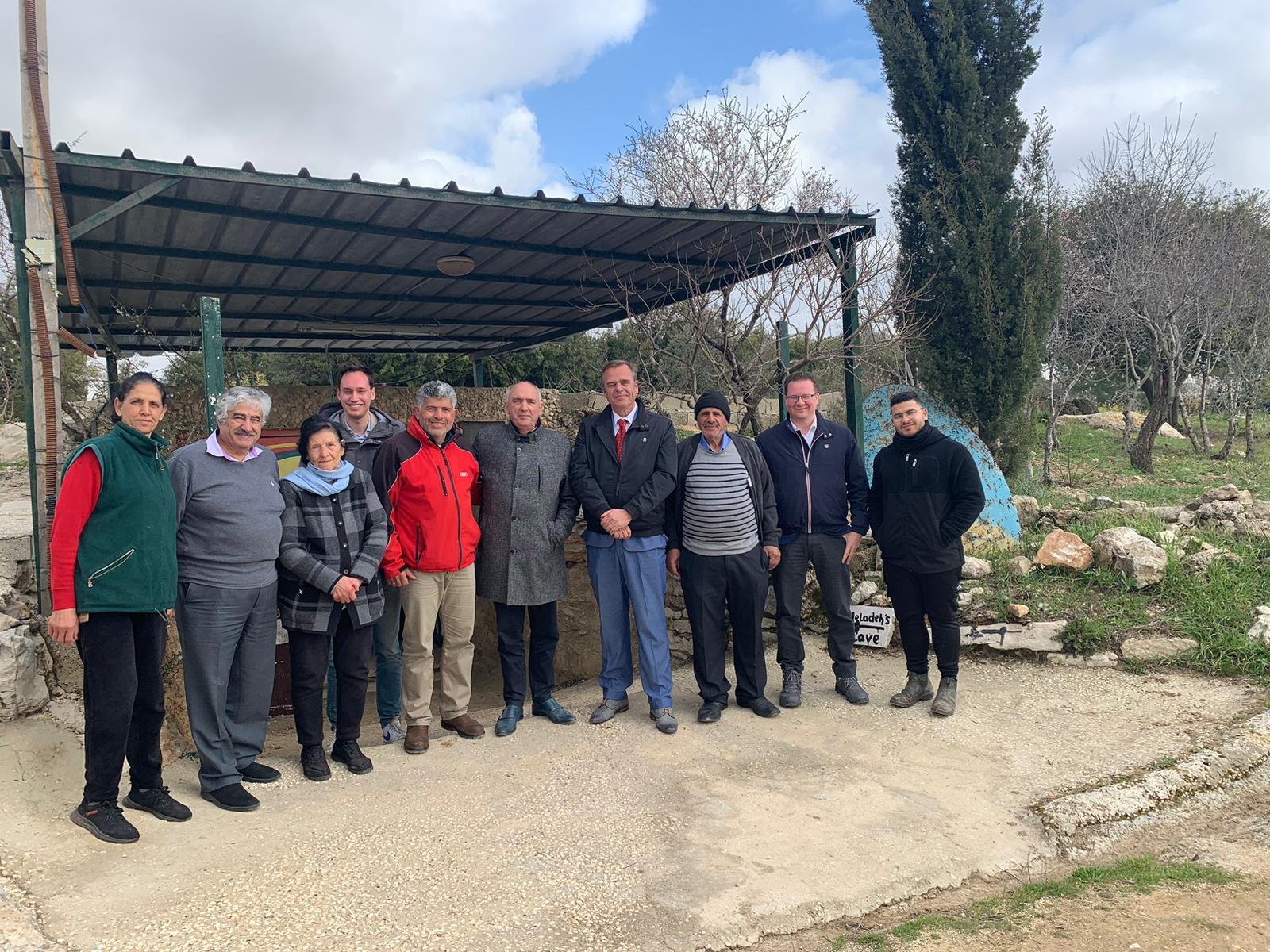

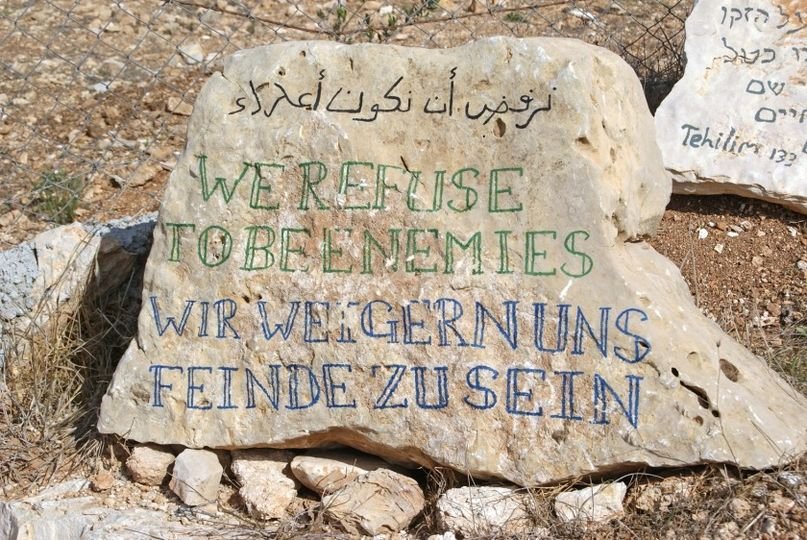
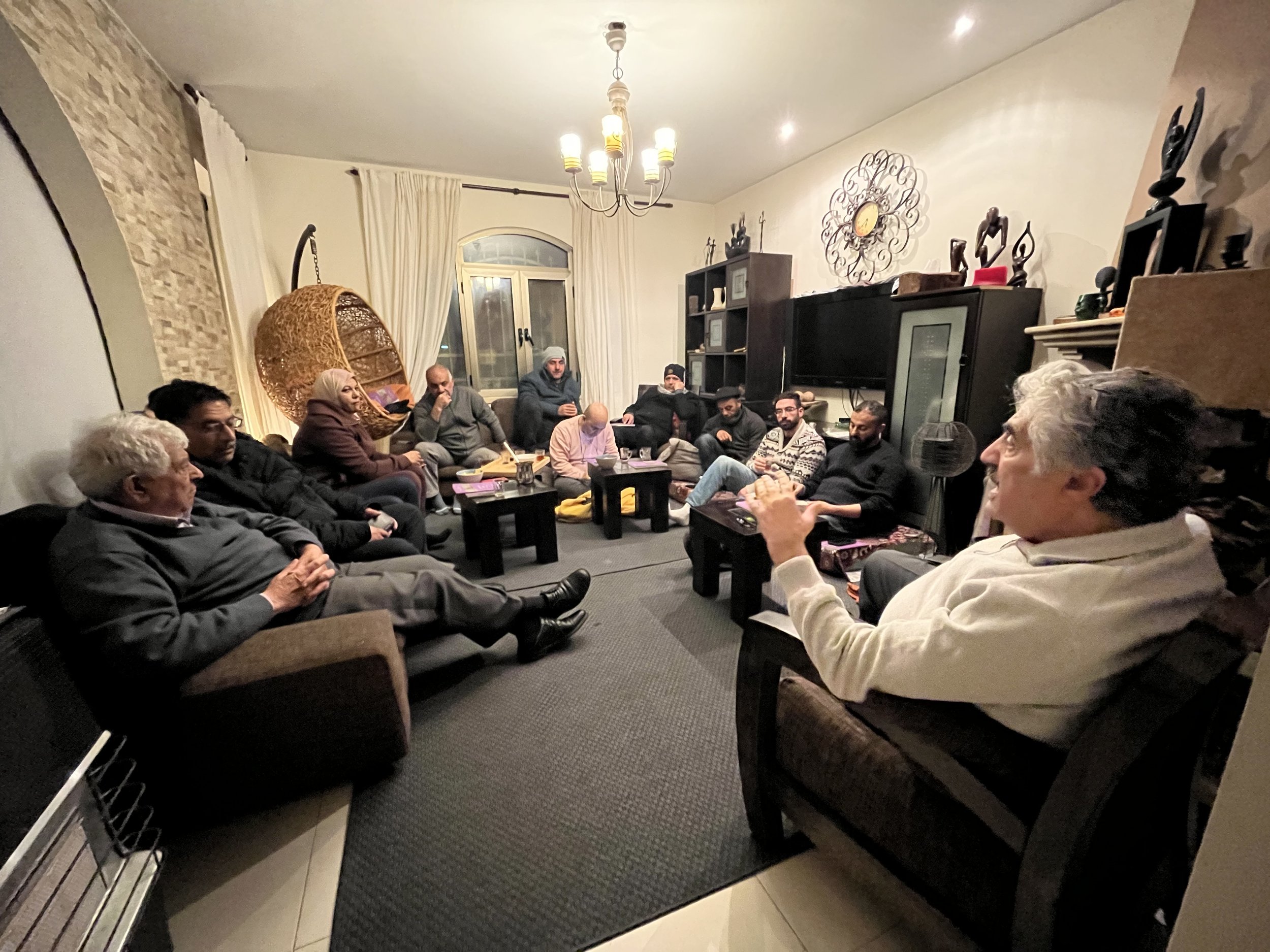
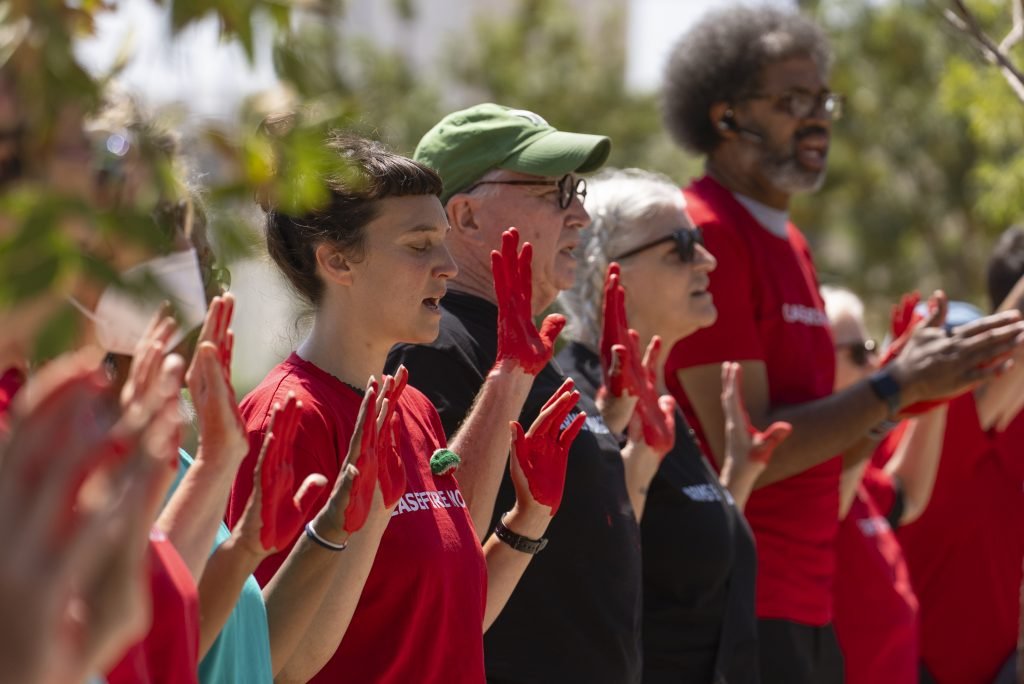


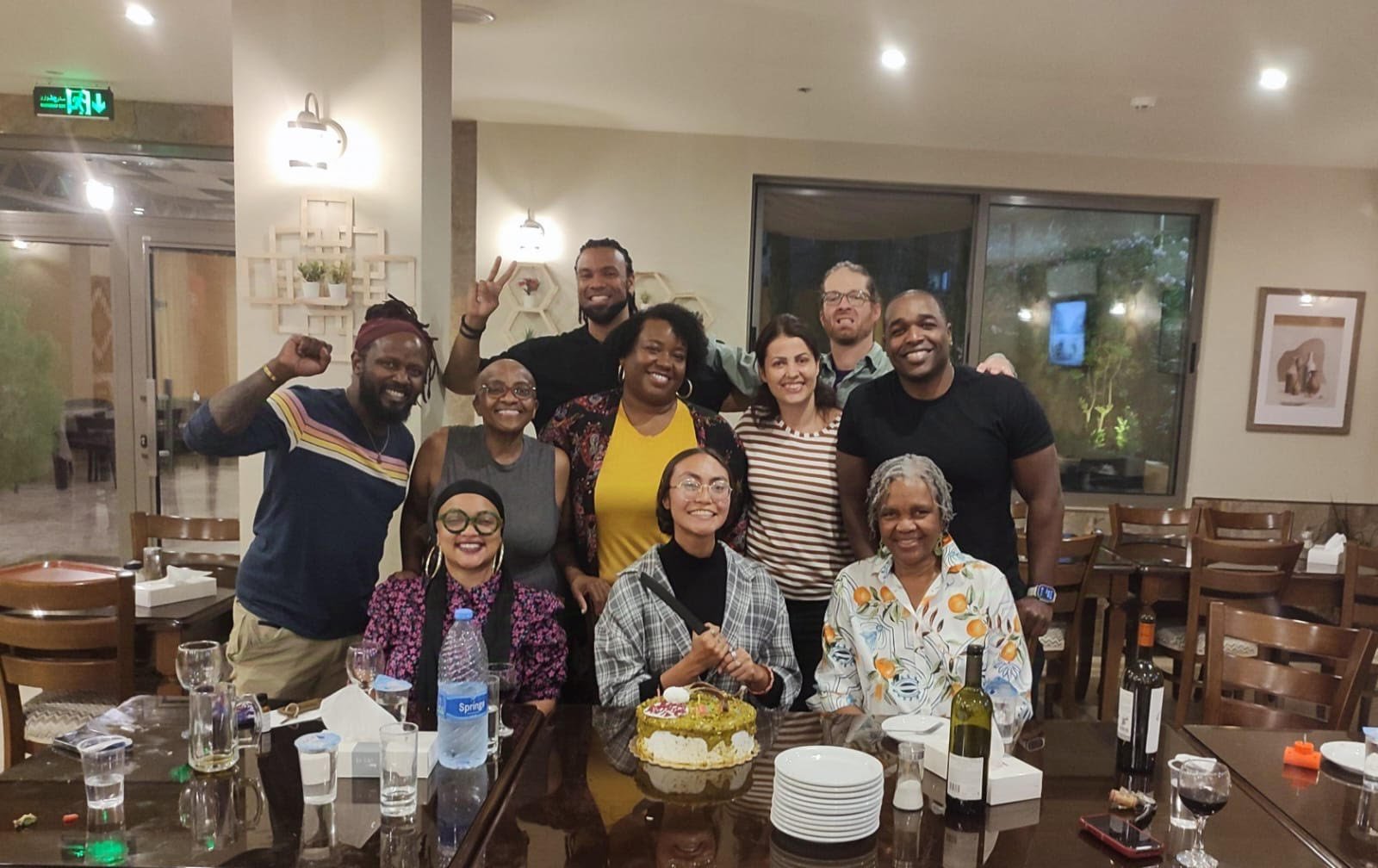
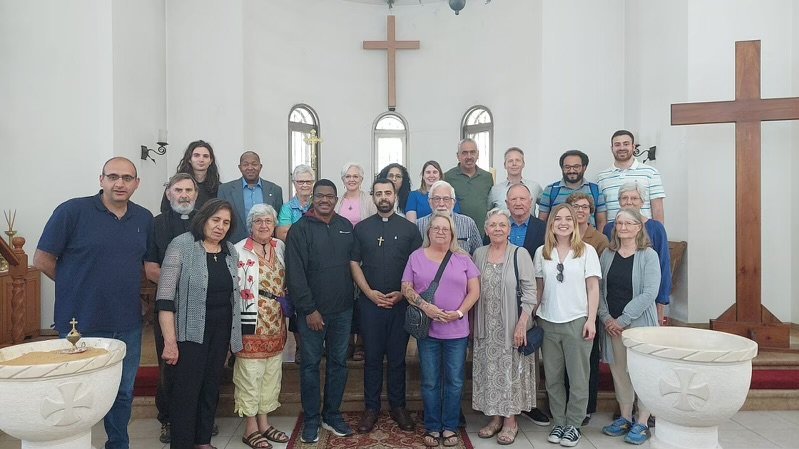
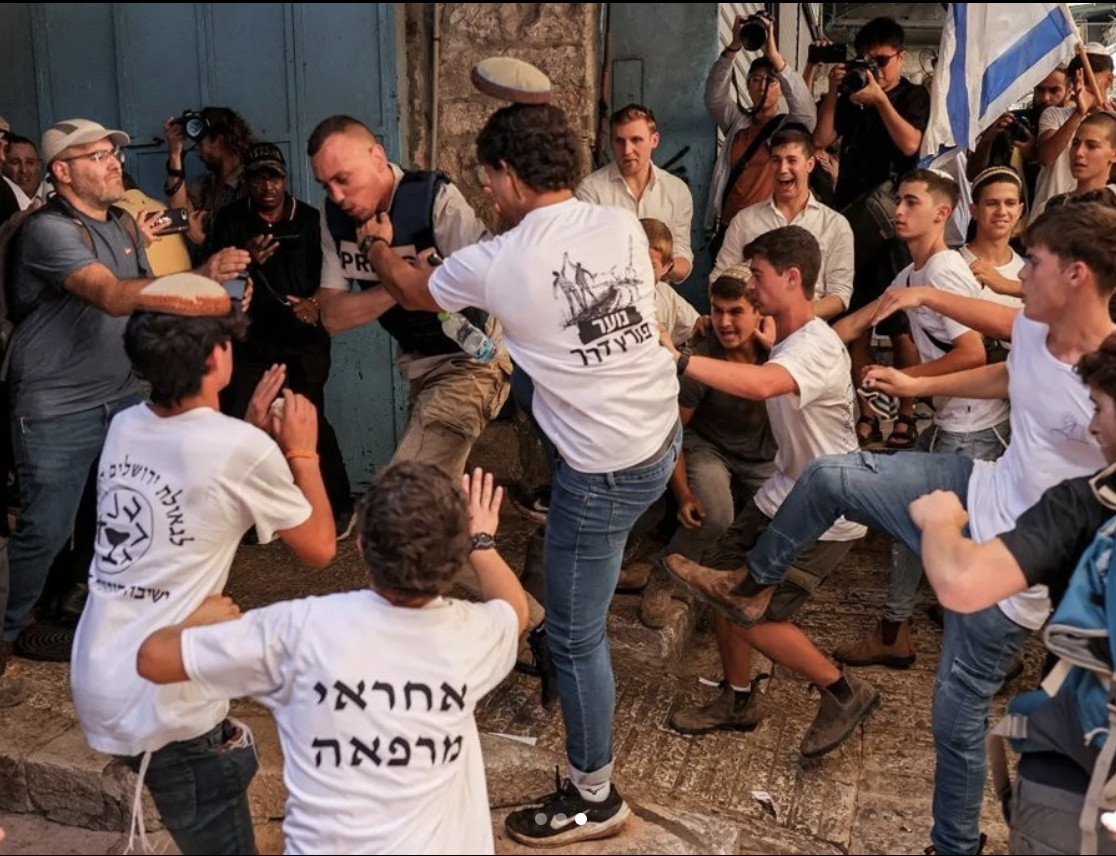
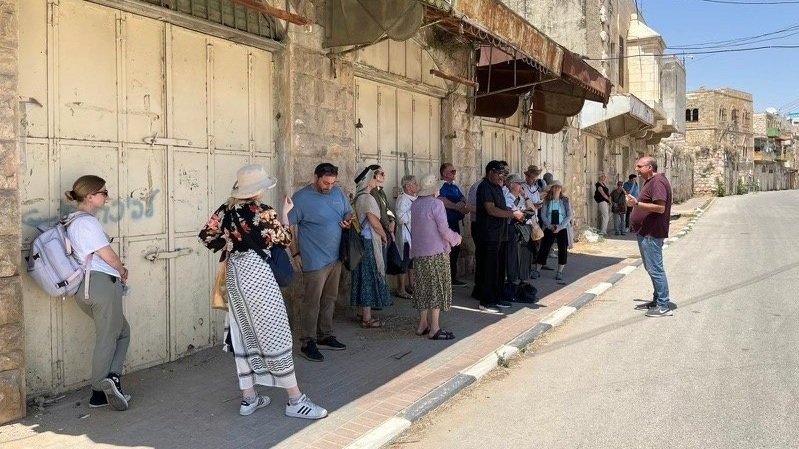
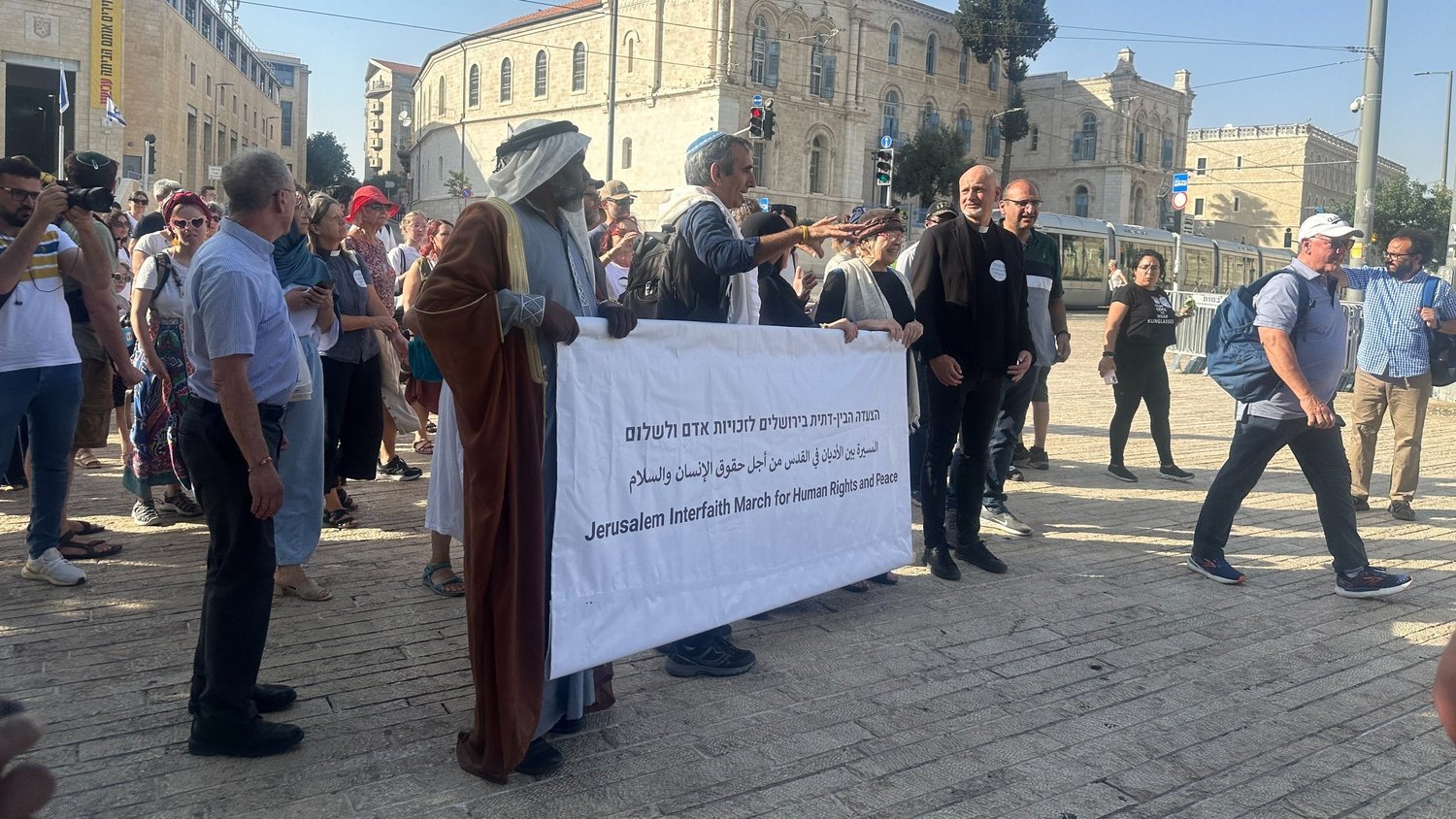
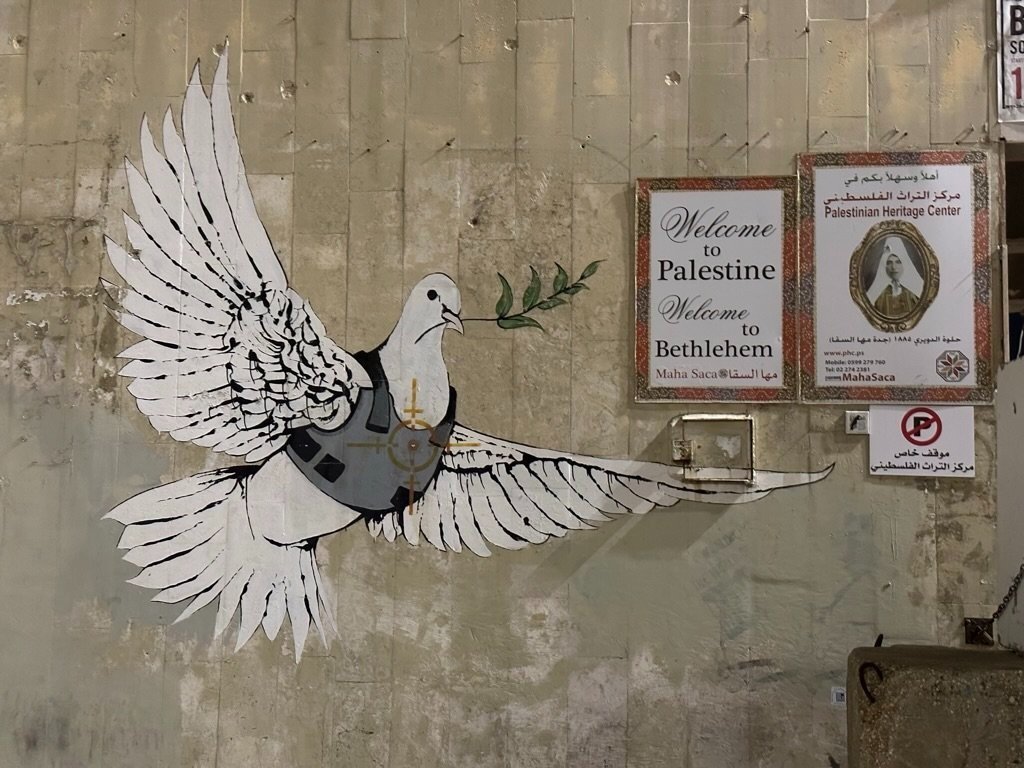
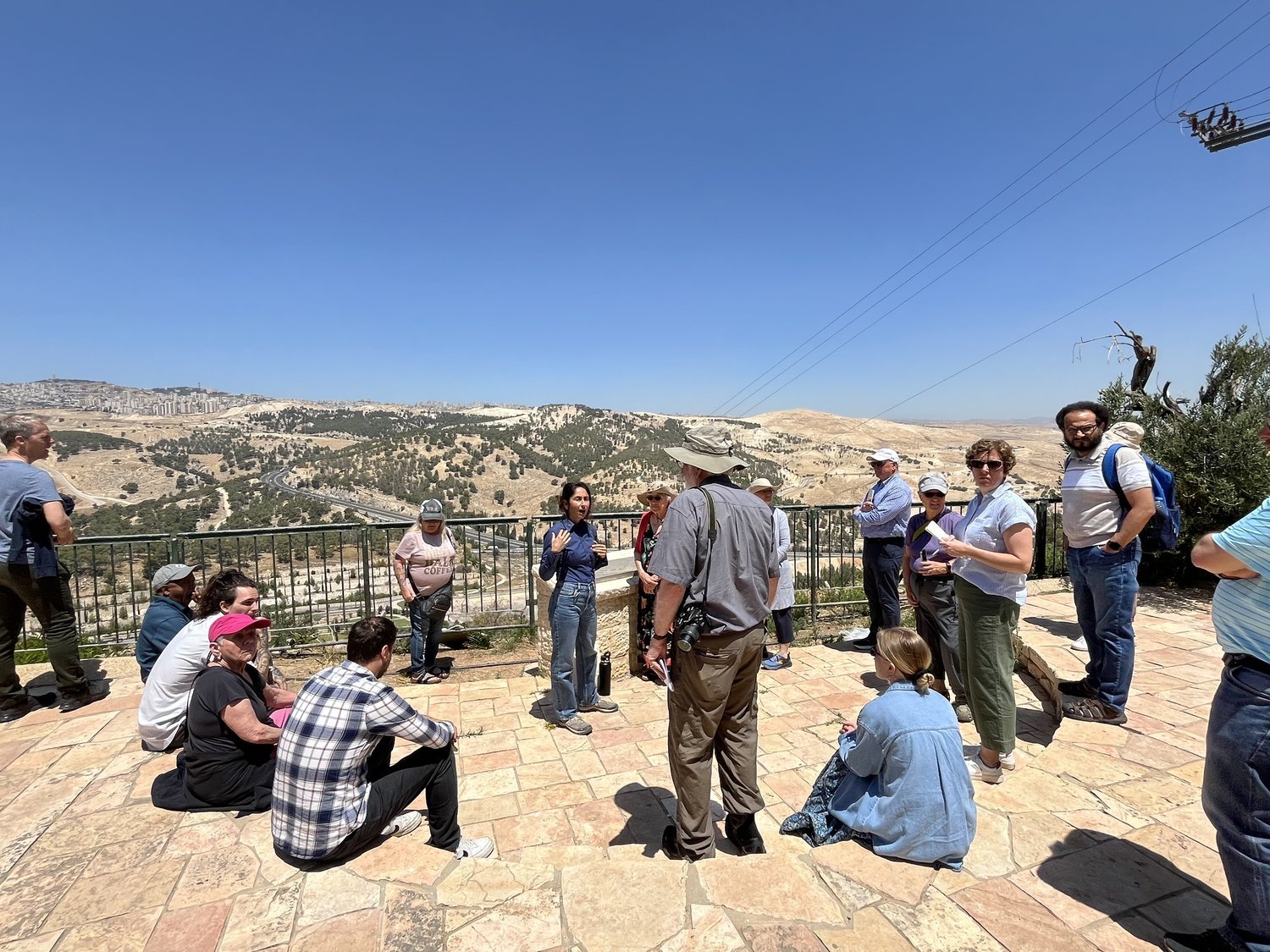
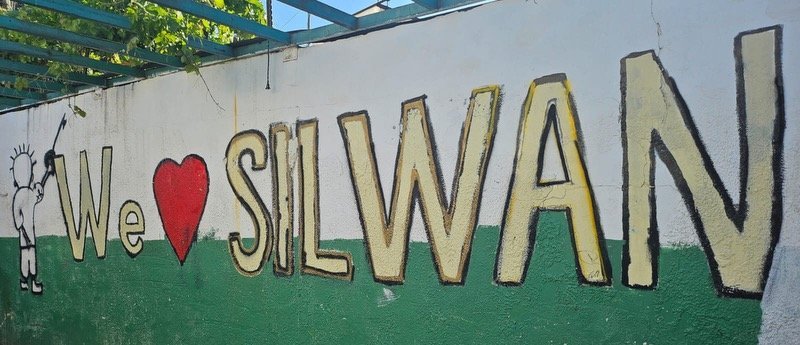
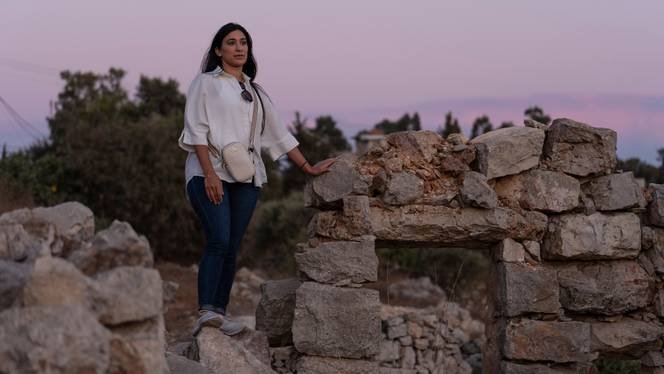
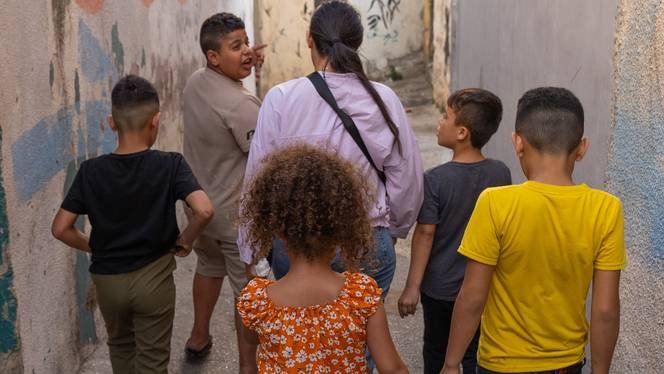
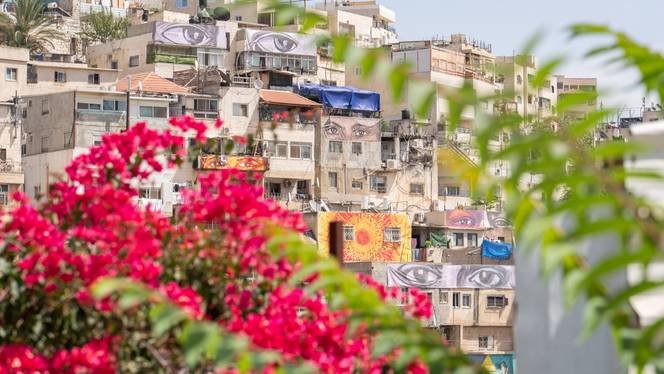
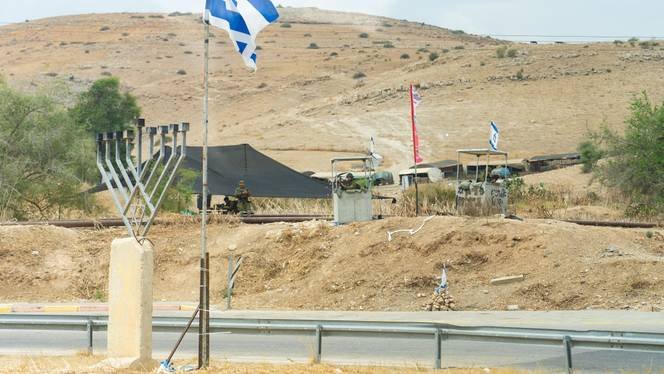
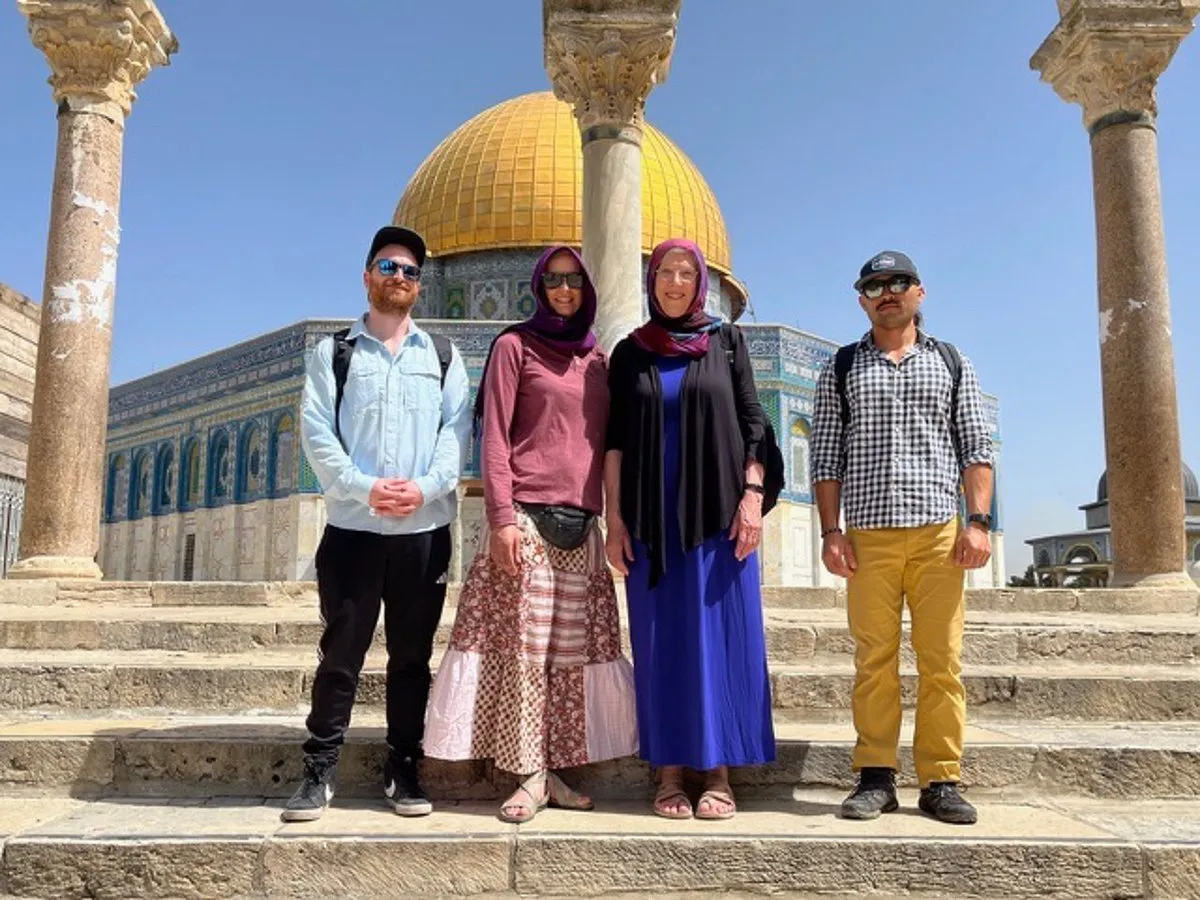
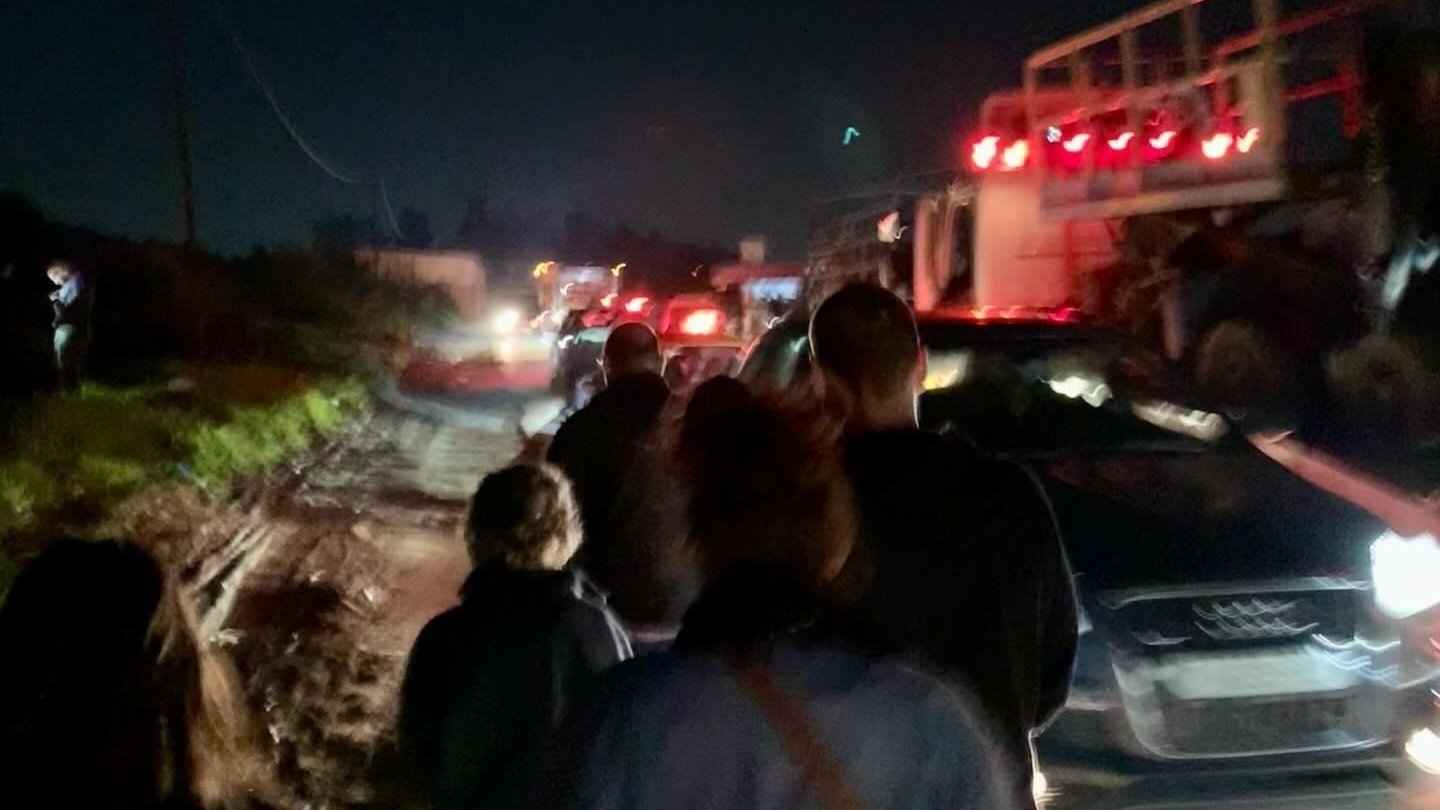
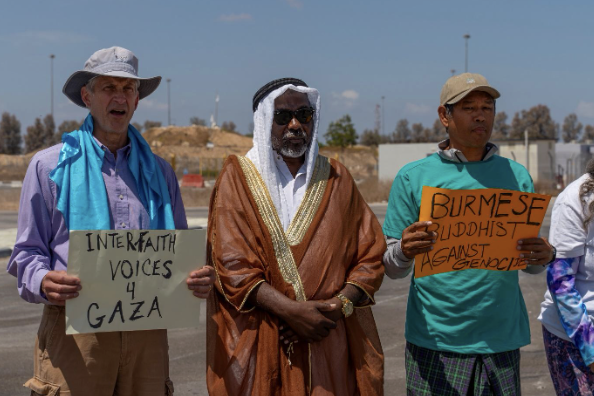
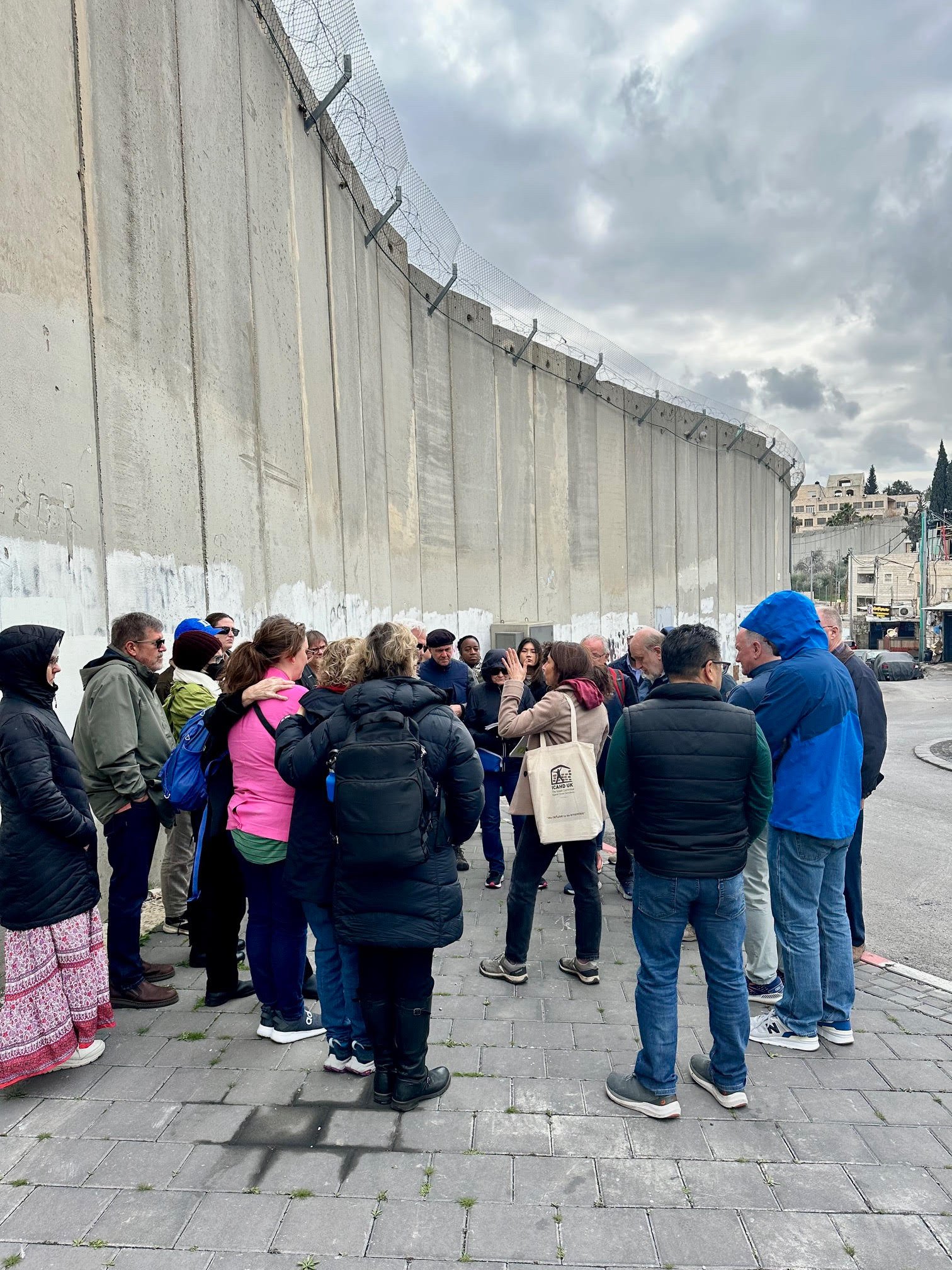
“Most tourists and pilgrims visit East Jerusalem, Bethlehem, and Hebron, but they do not sleep in our hotels, eat in our restaurants, or shop in our stores. They do not interact with Palestinians, including Palestinian Christians. Our people are not treated as the rightful inhabitants of this land. It feels as if we are being boycotted by our brothers and sisters in Christ.”
Authentic Christian Pilgrimage
-
Authentic Christian Pilgrimage (ACP) is a project of our friends at Canadian Friends of Sabeel (CFOS). Like FOSNA, CFOS is a national ecumenical response to the call of Palestinian Christians for solidarity. Through education and engagement, we support the struggle for equality in justice, freedom and human rights of Palestinians living under apartheid and the illegal Israeli military occupation. Together with partners around the world we work non-violently for a just and durable peace for Palestinians and Israelis.
The aim of Authentic Christian Pilgrimage is to ensure that Christian groups visiting the Holy Land as part of a tour or pilgrimage do so in a way that meaningfully engages the local Palestinian Christian community, acknowledges Israel’s occupation of the Palestinian territories, and operates in a way that is consistent with international law. The hope of ACP is that all Christian pilgrims to the Holy Land will experience transformation through such a pilgrimage.
In support of its aims, ACP provides a set of principles for church or para-church groups to help them plan and implement itineraries for groups visiting the Holy Land. CFOS developed this set of principles through direct face-to-face consultation with 20 Palestinian organizations. These organizations have expertise on the Palestinian Christian community, on alternative tourism and pilgrimage, and are committed to a just peace for Palestinians and Israelis in the Holy Land.
-
Pilgrimages have been part of the human experience for millennia. They speak of journeying, an openness to stepping away from everyday life and a receptiveness to the possibility of a changed mind and spirit. Pilgrimages are agents of transformation, often creating a discontinuity between the reality of new experiences and what has been assumed or expected. They have traditionally been rooted in a specific place with its rich spiritual meaning in religious tradition and its complex history and culture. Pilgrimage is about the past, the present and the future of the pilgrim’s life journey.
The place of this pilgrimage is Palestine/Israel. Therefore, the pilgrimage is about walking where Jesus walked and listening in new ways to the words he spoke. As the pilgrim visits holy sites and listens to the stories within their specific political and cultural frame, new insights emerge. A pilgrimage is therefore both relational and dynamic, forming and reforming the pilgrim more deeply into both the transcendent and embodied reality of religious life.
Authentic Christian Pilgrimage, through the principles below, seeks to challenge those on a pilgrimage to think deeply about the complex nature of the place now called Palestine/Israel. It encourages pilgrims to make links between past and present as they visit sites that are connected to deeply held beliefs and experience its present reality through meeting its people and listening to their stories. Pilgrimages call for preparation beforehand. They also call for discernment and wisdom as to how to live one’s faith on returning home. This future orientation is an ongoing – indeed, lifetime – challenge, calling the pilgrim to continually integrate this new experience and understanding into their everyday life.[ii]
-
CFOS developed the Authentic Christian Pilgrimage project to transform the way in which most Christians visit and experience the Holy Land. Most Christian pilgrims who visit Palestine/Israel spend almost all their time in Israel and very little time in the West Bank, East Jerusalem or Gaza.[i]; They hear the interpretations of Israeli tour guides and rarely those of Palestinian guides; they rely on Israeli bus companies, restaurants and accommodations, and rarely use the services Palestinians provide. Perhaps most importantly, they visit ancient biblical sites and “walk where Jesus walked” but they do not engage with the existing Palestinian Christian community and do not consider what “Jesus would do” in the context of Israeli military occupation. as he did in his day in the context of Roman military occupation. These pilgrims receive a distorted picture of the reality in Palestine/Israel today.
The Authentic Christian Pilgrimage project guides churches and church groups toward providing Holy Land pilgrims with an experience in which they will encounter the historic Jesus, but also the living Christ who walks with and offers hope to suffering Palestinians today.
-
The following principles serve as guidelines for Christian groups planning a pilgrimage visit to the Holy Land. A pilgrimage visit which incorporates these principles would be deemed to be an “authentic Christian pilgrimage.”
1. The itinerary must be compliant with international law and specifically the Fourth Geneva Convention which applies to areas under occupation (including East Jerusalem).
According to international law (a set of rules and principles governing relations between sovereign states), since 1967 Israel has occupied specific Palestinian territories – namely, the West Bank (including East Jerusalem) and Gaza. The Fourth Geneva Convention sets out the obligations of an occupying power to the people and place which it occupies.[iii] Under the Convention, Israel is obligated to protect basic human rights, uphold humanitarian standards and limit the effects of armed conflict on Palestinians within the territories. It must refrain from inflicting collective punishment, imposing physical suffering and forcibly transferring or deporting Palestinians. Further, it must not annex occupied territory or settle its own civilians in that territory.
Israel has not upheld its obligations of occupation and, since 1967, has systemically oppressed Palestinians and violated their human rights with impunity. It has engaged in massive seizures of land and property, unlawful killings and attacks, forcible transfers, arbitrary restrictions on movement, unlawful detention (including children), and collective punishment through periodic military assaults and a blockade (on Gaza). In the wake of October 7, 2023, it has engaged in a catastrophic war on Gaza deemed by many as a genocide. It has annexed East Jerusalem and created Jewish-only Israeli settlements throughout the West Bank. International law allows for military occupation; however, legal scholars and human rights groups increasingly identify the occupation itself as illegal because of these entrenched violations and because of the occupation’s seeming permanence.[iv] Indeed, some leading human rights groups call Israel’s oppressive and discriminatory system of governing Palestinians as apartheid.[v]
An authentic Christian pilgrimage must recognize that the West Bank (including East Jerusalem) and Gaza are under Israeli military occupation. This means that:
◦ the itinerary and any materials distributed to pilgrims must clearly delineate the areas under occupation; and must identify Israeli settlements as illegal;
◦ the itinerary must give consideration to the rules of occupation and the ways those rules are being violated;
◦ the itinerary must not include a visit to Israeli settlements in the West Bank (including East Jerusalem) and must not procure services in those settlements.
2. The itinerary must properly identify the places being visited according to the names and designations in keeping with international law or the names used by local inhabitants and authorities in keeping with international law.
Geography, place names and maps of the Holy Land reveal a contested landscape. For example, some Israeli maps include the West Bank as part of Israel and name it Judea and Samaria. Such mapping and naming do not comply with international law, as they disregard Israel’s occupation of the Palestinian territories and disregard the name used by current local inhabitants. Another example is the use of the name Shechem for the West Bank city of Nablus. In the Bible, Shechem was the ancient capital of the Northern Kingdom of Israel and, later, the centre of Samaritan worship. Today, the city is overwhelmingly populated by Palestinian Muslims and is known as Nablus.
3. At least half of the itinerary time in the Holy Land must be spent in the occupied territories of Gaza and the West Bank (including East Jerusalem) where most Christian places/historical sites, and the seat of the living Christian community, are located.
Apart from the city of Nazareth and its environs in Israel, most Christians in the Holy Land live in the West Bank (including East Jerusalem) and Gaza. In 1922, Christians constituted about 11 percent of the population; today they number less than one percent. Despite their declining numbers, a small but vital Christian community is located in the West Bank communities of East Jerusalem, Bethlehem, Beit Jala, Beit Sahour, Birzeit, Ramallah, Jifna, Ein Arik and Taybeh; about 1000 Christians live in Gaza. It is these communities in which most Christian historical sites are located. An authentic Christian pilgrimage should devote one half of its itinerary schedule (i.e. one week out of two weeks) to spending time in the occupied territories in order to learn from and engage with the Christian presence there.
We acknowledge that, considering Israel’s most recent military attack on Gaza, it will be impossible for pilgrims to visit Gaza for some time.
4. Accommodations for pilgrims must be sourced in the area where they are visiting. When pilgrims are in the West Bank (including East Jerusalem), internationally lawful West Bank accommodations must be utilized.
When pilgrims visit cities or towns in the occupied territories, it is important that they stay overnight in those communities, rather than travel back to Israel for accommodations. They should ensure that their accommodations are Palestinian-owned and operated, so that the financial benefit of their visit accrues to the local people. They should patronize Palestinian-owned and run restaurants and souvenir shops.
5. In the West Bank (including East Jerusalem) and Gaza (when a visit there becomes possible), tour guides and buses must be locally sourced and tour guides paid fairly for their work.
Israel places many restrictions on the touring and pilgrimage “industry.” For example, it will allow Israeli tour guides to enter the West Bank but will often prevent Palestinian tour guides from entering Israel. An authentic Christian pilgrimage will ensure that when in the West Bank (including East Jerusalem), it utilizes Palestinian-credentialed tour guides and hires buses owned and operated by Palestinians and registered within the West Bank.
6. The itinerary must include worshipping with a local Christian congregation each Sunday of the pilgrimage and must incorporate other meaningful opportunities to encounter and engage with Christians of the Holy Land.
Many Christian pilgrims visit the Holy Land eager to see the “ancient stones” – the places which commemorate the life, death and resurrection of Jesus. But they do not connect with the “living stones” – the Palestinian Christians who continue to live and serve as a witness to Jesus in the present. An authentic Christian pilgrimage must incorporate in its itinerary substantial opportunities to connect with the “living stones.” This should happen through joining Sunday worship with a local congregation and through informal gatherings with local Christians to hear their stories and experiences.
7. A minimum of one-half day per week must be set aside for prayer, reflection, and further meaningful encounters with Christians of the Holy Land.
The introduction indicates that the purpose of pilgrimage is to open the pilgrim to personal transformation. A pilgrimage should encourage participants to make links between the past (biblical stories and interpretations they are familiar with), the present (current political and social realities they are encountering) and the future (discerning how to live faithfully upon their return home). To foster a context where these linkages can be made and transformation can begin, the itinerary should provide pilgrims with the opportunity for prayer and reflection – alone and with their group – as well as further discernment with local Christians. A minimum of a half-day per week is essential for this reflection time.
[i] Since Israel’s most recent military assault on Gaza, beginning in October 2023, it has been impossible for any pilgrims to visit Gaza.
[ii] See Simon Coleman, “Pilgrimage as Trope for an Anthropology of Christianity,” University of Chicago Press Journals, November 6, 2014, https://www.journals.uchicago.edu/doi/full/10.1086/677766.
[iii] See American Red Cross, “Summary of the Geneva Conventions of 1949 and Their Additional Protocols,” https://www.redcross.org/content/dam/redcross/atg/PDF_s/International_Services/International_Humanitarian_Law/IHL_SummaryGenevaConv.pdf
[iv] See, for example, UN News, “Israeli occupation of Palestinian territory illegal,” October 10, 2022, https://news.un.org/en/story/2022/10/1129722.
[v] Amnesty International, “Israel’s Apartheid Against Palestinians,” February 1, 2022, https://www.amnesty.org/en/documents/mde15/5141/2022/en/?utm_source=annual_report&utm_medium=epub&utm_campaign=2021.
“We need Kairos Pilgrims in Palestine and not tourists who come to our home thinking that they are visiting the Holy Land — while, in reality, they are visiting a land without holiness, where the dignity of God’s creation is humiliated on a daily basis by the Israeli occupation and apartheid. The pilgrimage is not a journey undertaken for personal comfort; rather, it is undertaken out of concern and commitment to true accompaniment and solidarity with the holy people.”
































































































